Neil Gershenfeld
Director, MIT’s CBA
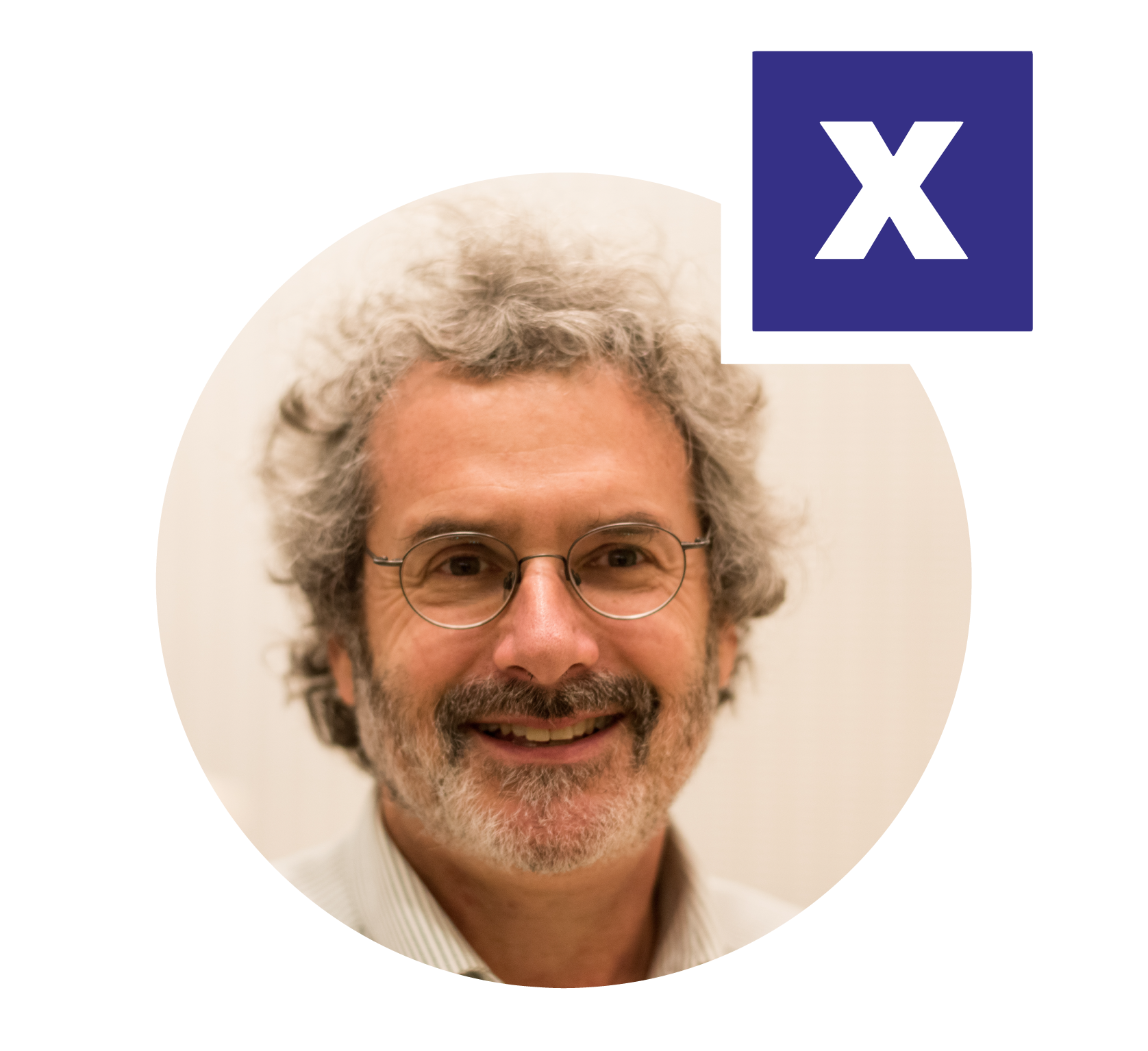
Prof. Neil Gershenfeld is the Director of MIT’s Center for Bits and Atoms, where his unique laboratory is breaking down boundaries between the digital and physical worlds, from pioneering quantum computing to digital fabrication to the Internet of Things.
Technology from his lab has been seen and used in settings including New York’s Museum of Modern Art and rural Indian villages, the White House and the World Economic Forum, inner-city community centers and automobile safety systems, Las Vegas shows and Sami herds.
He is the author of numerous technical publications, patents, and books including Designing Reality, Fab, When Things Start To Think, The Nature of Mathematical Modeling, and The Physics of Information Technology, and has been featured in media such as The New York Times, The Economist, NPR, CNN, and PBS.
He is a Fellow of the American Physical Society, has been named one of Scientific American’s 50 leaders in science and technology, as one of 40 Modern-Day Leonardos by the Museum of Science and Industry, one of Popular Mechanic’s 25 Makers, has been selected as a CNN/Time/Fortune Principal Voice, and by Prospect/Foreign Policy as one of the top 100 public intellectuals.
He’s been called the intellectual father of the maker movement, founding a growing global network of over one thousand fab labs that provide widespread access to prototype tools for personal fabrication, directing the Fab Academy for distributed research and education in the principles and practices of digital fabrication, and chairing the Fab Foundation.
Dr. Gershenfeld has a BA in Physics with High Honors from Swarthmore College, a Ph.D. in Applied Physics from Cornell University, honorary doctorates from Swarthmore College, Strathclyde University and the University of Antwerp, was a Junior Fellow of the Harvard University Society of Fellows, and a member of the research staff at Bell Labs.
Sherry Lassiter
CEO, The Fab Foundation
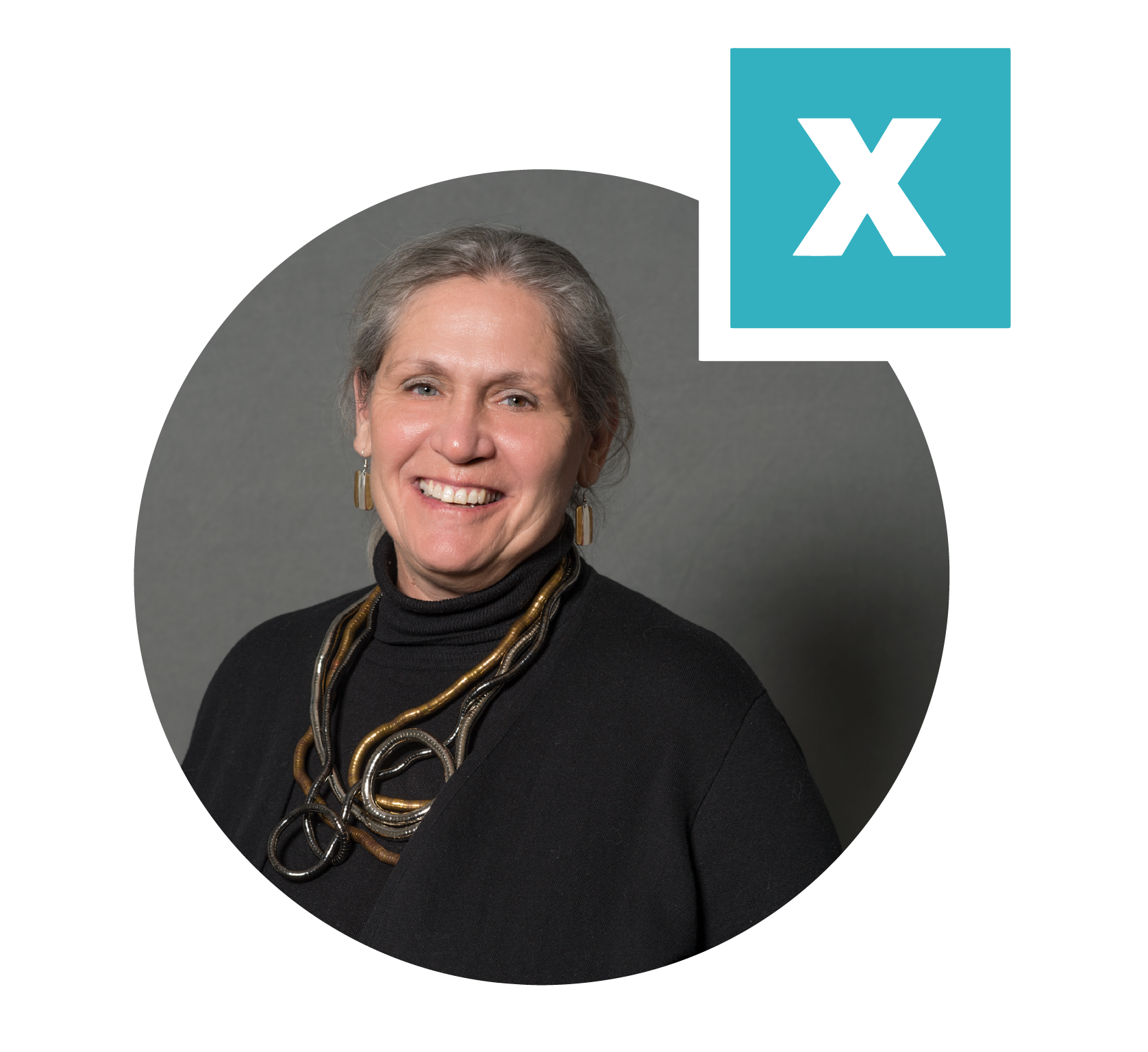
Sherry Lassiter is one of the architects of the MIT global initiative for field on-site technology development, the Fab Lab program.
A Fab Lab, or as users like to call it, fabulous laboratory, is a rapid prototyping platform for technical education, innovation, and personal expression.
The Fab Lab network includes over 2,000 digital fabrication facilities in 126 countries.
Lassiter is Director of the Fab Foundation, a non-profit organization committed to building technical capacity in a locality, improving individuals’ abilities to develop themselves and their communities and bringing access to tools and knowledge that cultivate and support innovating practices.
After a two-decade career in science journalism as a producer, writer, and director for television series such as Scientific American Frontiers, Discover the World of Science, and The Science Times, she became a protagonist in science and technology, becoming part of the story, rather than just telling the story.
As Program Manager for the NSF-funded Center for Bits & Atoms at MIT, she has seen and enabled the personal fabrication movement as it has grown and evolved.
Today she serves as Director of the global Fab Lab Program at MIT as well as leading The Fab Foundation, the non-profit spinoff from MIT.
Lassiter is currently engaged in the deployment and growth of Fab Labs around the world, enabling grassroots technology development by, for and of the community.
Tomas Diez
Director, Fab Lab Barcelona
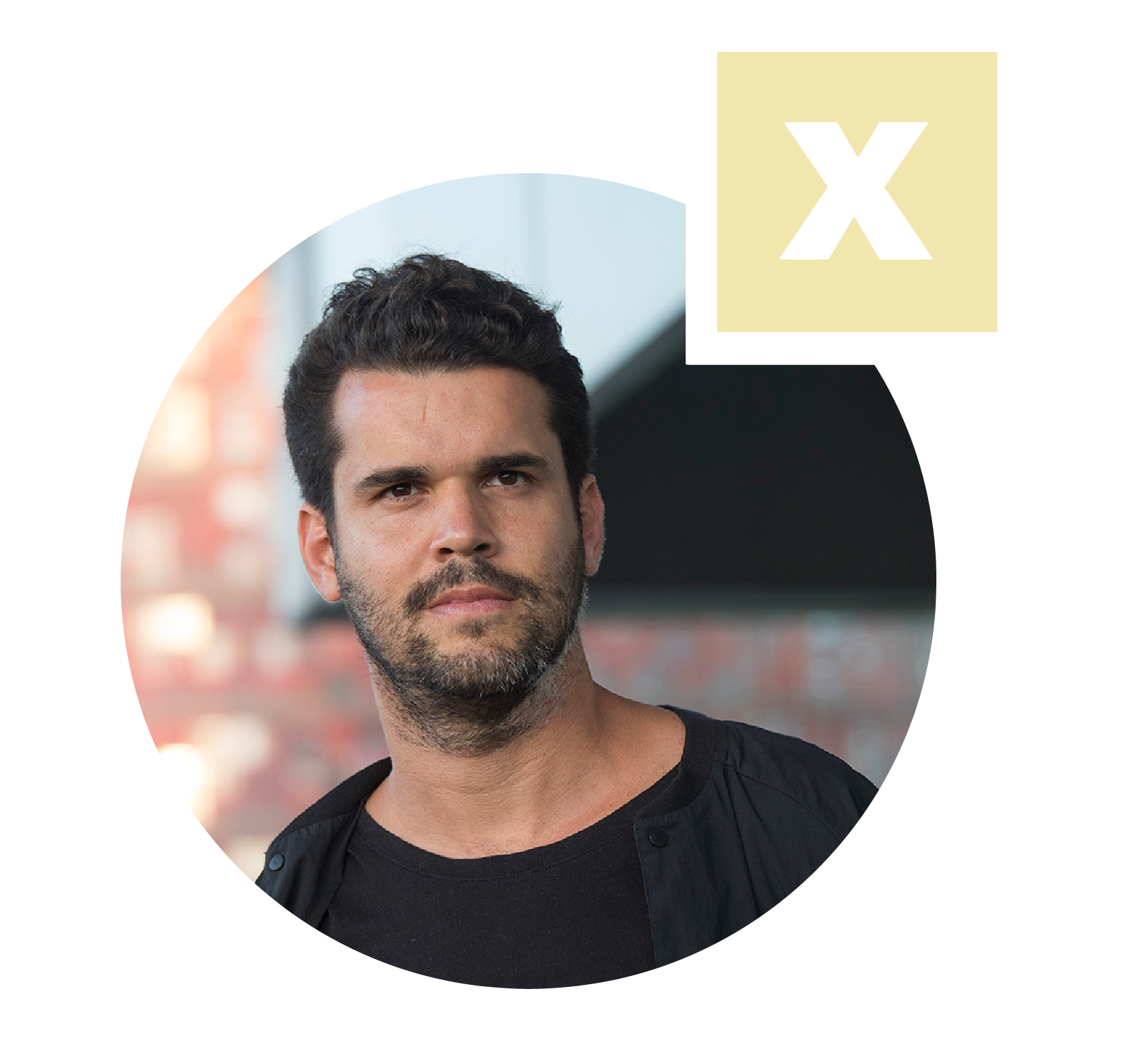
Tomas Diez is a Venezuelan Urbanist specialized in digital fabrication and its implications in the future of cities and society.
He is co-founder of Fab Lab Barcelona (http://www.fablabbcn.org) at the Institute for Advanced Architecture of Catalonia (IAAC)
http://www.iaac.net, and the director of the Fab City Research Laboratory, and the Director of the Master in Design for Emergent Futures at IAAC.
He leads the FAB City Global Initiative (http://www.fab.city) in collaboration with an international team of thinkers and makers,
and the European project manager for the Fab Foundation (http://www.fabfoundation.org).
Tomas holds a Bachelor degree in Urban Planning and Sociology by the University Simon Bolivar (Caracas - Venezuela),
a Diploma in social work at the University of La Havana (Cuba), a Master in Advanced Architecture by IAAC,
and a Diploma in Digital Fabrication from a pilot program to kickstart the Fab Academy (http://www.fabacademy.org) by
completing the class “How to Make Almost Anything”, offered by the MIT’s Center for Bits and Atoms in 2008.
He works as a close collaborator in the development of the Fab Lab Network together with MIT and the Fab Foundation.
Tomas co-founded the Exploring Emergent Futures platform in the Design Products department at the Royal College of Arts in London,
and is co-founder of initiatives such as: the crowdsensing platform Smart Citizen http://www.smartcitizen.me,
the social network FabLabs.io (http://www.fablabs.io), and the artist residency StudioP52 (http://www.studiop52.com);
he has been the organiser and co-chair of the FAB10 Barcelona http://www.fab10.org, the 10th international fab lab conference and annual meeting hosted by Fab Lab Barcelona (IAAC) in 2014.
Tomas has been appointed by The Guardian and Nesta as one of the top 10 digital social innovators to watch in 2013, and has been awarded by the Catalan ICT association as the entrepreneur of the year in 2014.
His research interests relate to the use of digital fabrication tools to transform the reality, and how the use of new technologies can change the way people consume, produce and relate with each other in cities.
Blair Evans
Director, Incite Focus
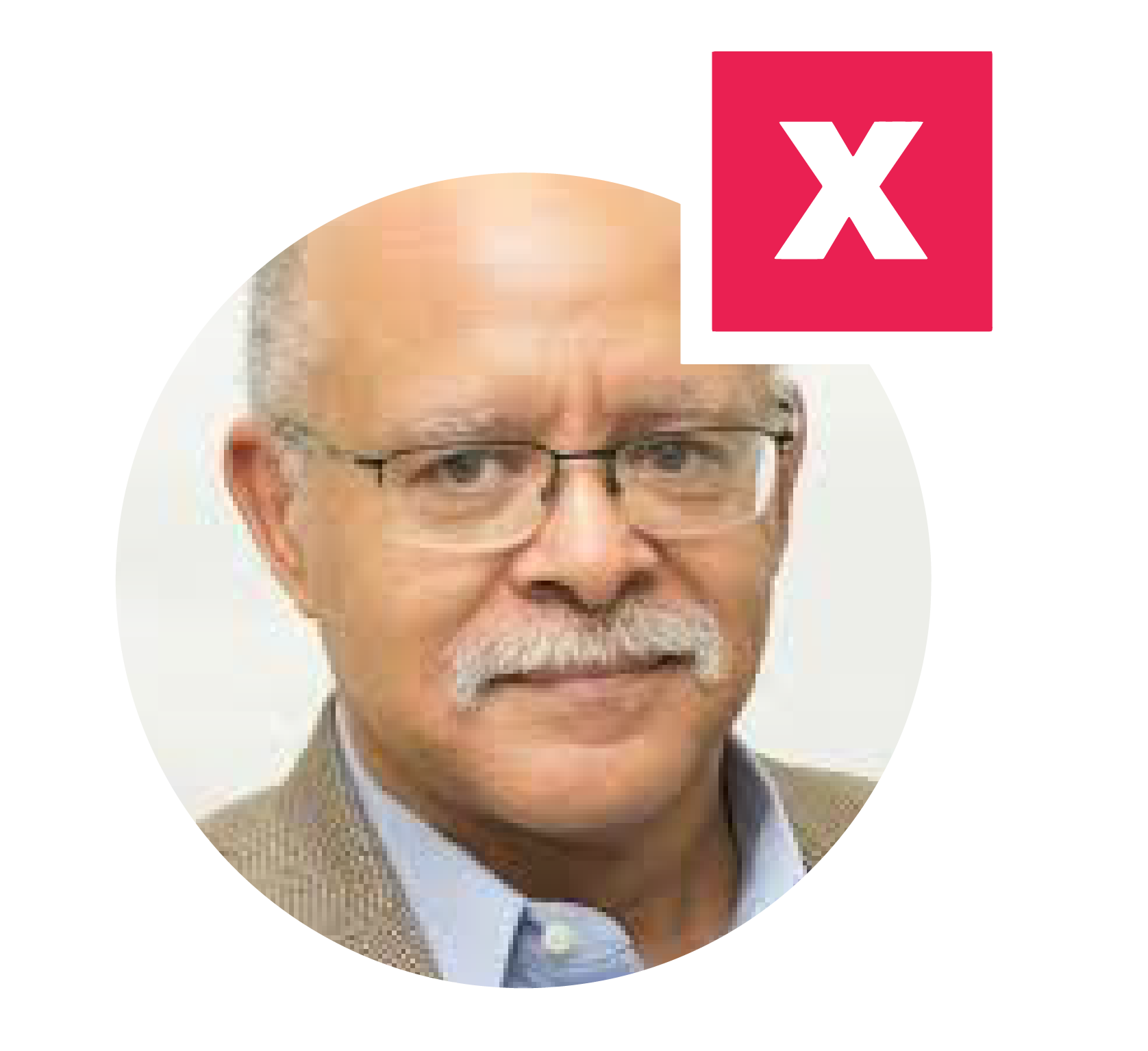
Blair Evans is Founder and Director of Incite Focus, a production and training lab focused on relationships between: Digital Fabrication, Permaculture, Experiential Learning, and Appropriate Technology. Blair is committed to engaging people in understanding their own ability to live a well-lived life. Issues of self-determination, self-sufficiency, and self-sustainability reflect in his work at Incite Focus.
Blair believes in the philosophy, “Work and spend less; create and connect more.” Blair promotes a greater sense of individual autonomy by developing community member capacity to make the things that they and their communities need; instead of depending upon external resources. Blair empowers community members to create the conditions of change and to make system-level changes which will prepare individuals to operate within a system of individual and group agency.
Blair’s experience includes curriculum development in direct and advisory roles for K-12, college and professional development. Blair worked as a principal agent in designing, starting and training for over half a dozen Fab Labs and with many more collaborations. Since 2012, Blair is an instructor in Fab Academy. He also instructs a registered apprenticeship program based on Digital Fabrication.
His early career evolved from product designer, team leader, and group leader at Hewlett Packard and technology-based SMEs, to technical co-founder and VP of Engineering of MicroTouch Systems from start-up through public offering on NASDAQ. He has early inventions in touchscreen technologies.
Juliet Schor
Professor of Sociology, Boston College
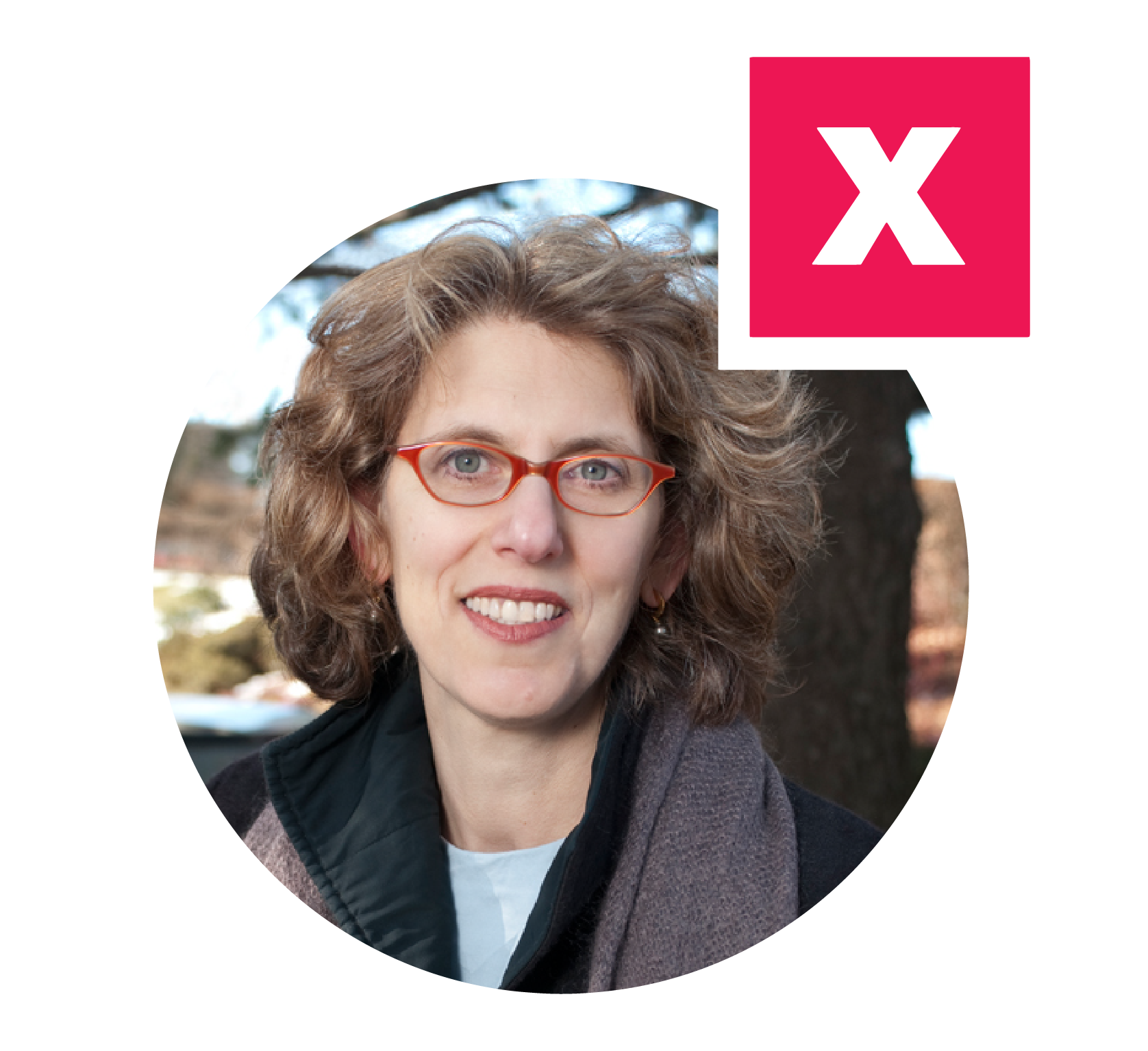
Juliet Schor is Professor of Sociology at Boston College. Her most recent book is After the Gig: how the sharing economy got hijacked and how to win it back (U of California Press, September 2020). Her current research topics include the gig economy and the future of work, time use, and the drivers of carbon emissions. Schor is also the Chair of the Board of Directors of the Better Future Project, a Massachusetts-based climate activist organization.
Read more
Max Lobovsky
CEO, Formlabs

Max Lobovsky is co-founder and CEO of Formlabs. Formlabs pioneered the new category of professional desktop 3D printing when it launched the world’s first affordable, powerful desktop stereolithography 3D printer. Prior to starting Formlabs, Lobovsky led the efforts at Fab@Home, one of the industry’s earliest open-source 3D printing projects which has been instrumental in setting up labs in schools worldwide. A Forbes’ 30 Under 30 recipient and World Economic Forum Pioneer, Lobovsky holds a B.S. in Applied Engineering and Physics from Cornell University and a M.S. in Media Arts and Sciences from MIT.
Peter E. Raymond
Global Bureau Chief

Peter is a serial entrepreneur and creative technologist focusing on large scale social impact. He merges art, science, and business acumen to develop effective and resilient technology, models and companies.
https://www.linkedin.com/in/petereraymond/
He has exited his last tech startup to AIG, and was backed by Microsoft, IBM, and AutoDesk.
He focuses on globally scaled AI-powered solutions for education, healthcare, climate risk, and Smart Cities. He recently was the Cheif R&D Offier and interm CEO an FDA cleared Neuroscience company working to eridacate Alzhimer’s and other Dementias. Through this work, Peter has been named an IBM Platinum Global Entrepreneur for his work in Cognitive AI, IoT and pioneering location technology. His work has been featured by: New York Times, Wall Street Journal, Fast Company, Boston Globe, Wired, Smithsonian, Apple, Forbes, Popular Science, PBS, Financial Times, Bloomberg, New Scientist, and has appeared on both ABC and CBS Nightly News.
He and his teams uncover unique insights and develop innovative strategies that result in socially conscious technologies, products, and revenue models, for Fortune 500’s, startups, nonprofits, and governments, such as: Bill and Melinda Gates Foundation, UN, City of NY, Nissan, WeWork, Viacom, ESPN, IKEA, Tom Ford, Astra-Zeneca, AIG, Bristol-Myers Squibb, Dalai Lama Fellows, Biogen Idec, Boehringer Ingelheim, IBM, SETI, Microsoft, Nokia, NAACP, Drum Major Institute, and the Baseball Hall of Fame.
Apple has featured Peter for developing the world’s first clinically accurate Biometric Heart Failure simulation for clinicians that lead to innovations in connected sensors, VR, AI, and wearable technology.
As a global healthcare professional his programs have been deployed in Rwanda, Sudan, and North America and he is now developing computational neuroscience AI and brain-computer interfaces.
As a Sr. Fellow at Thomas Jefferson School of Population Health, he focused on empathy, simulation, and behavioral change.
New Bureau Claim-8
Ron Eglash
Professor
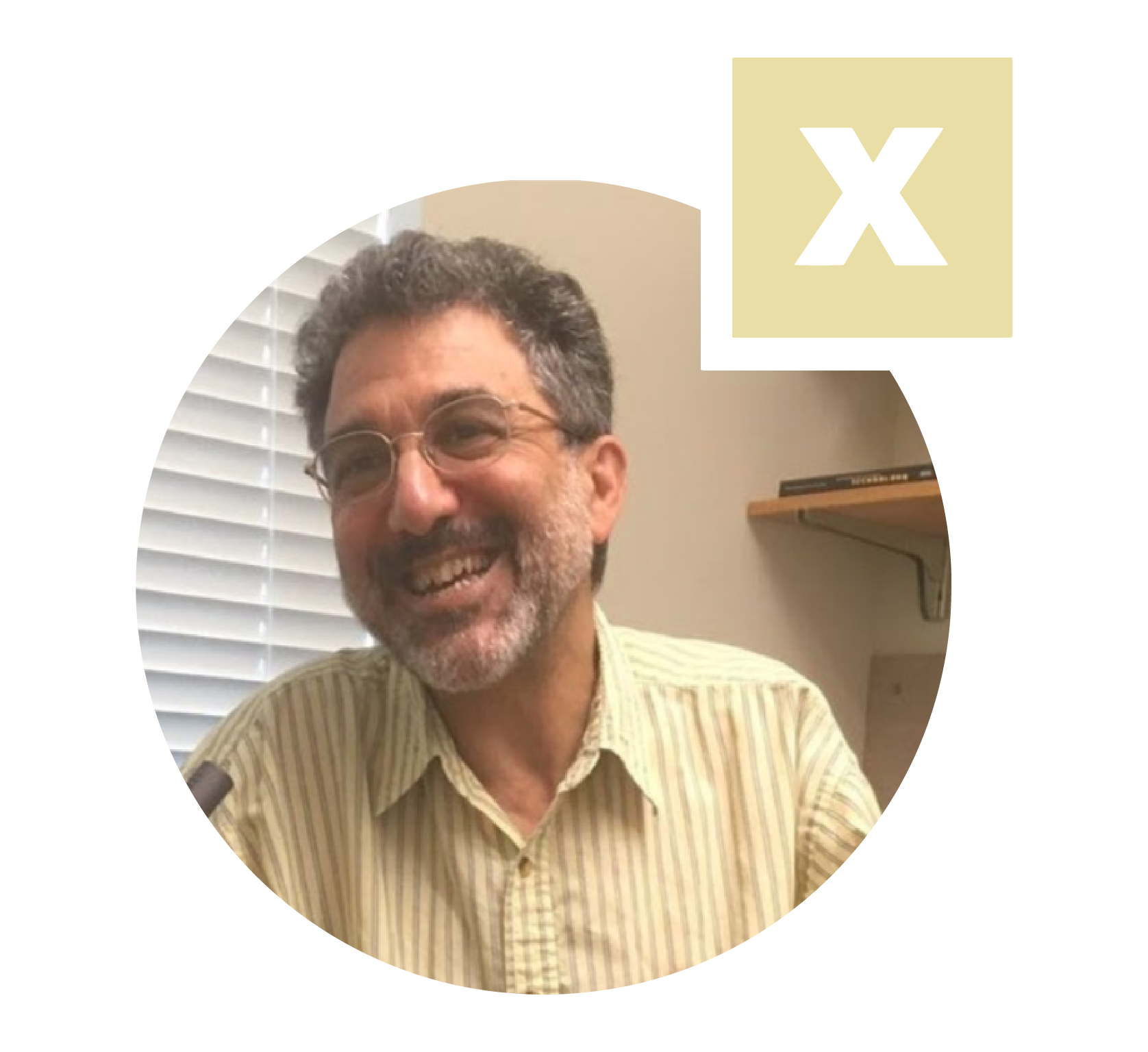
Dr. Ron Eglash is a Professor in the School of Information at University of Michigan. He received his B.S. in Cybernetics, his M.S. in Systems Engineering, and his PhD in History of Consciousness, all from the University of California. His work as Fulbright scholar was published as African Fractals: modern computing and indigenous design (Rutgers); and featured in his 2007 TED talk. His “Culturally Situated Design Tools” software, offering math and computing education from indigenous and vernacular arts, features over 17,000 projects uploaded by students, teachers and other researchers. https://generativejustice.org/
Felencia Hutabarat
Cofounder/Managing Director ke:kini | Secretary General Coworking Indonesia
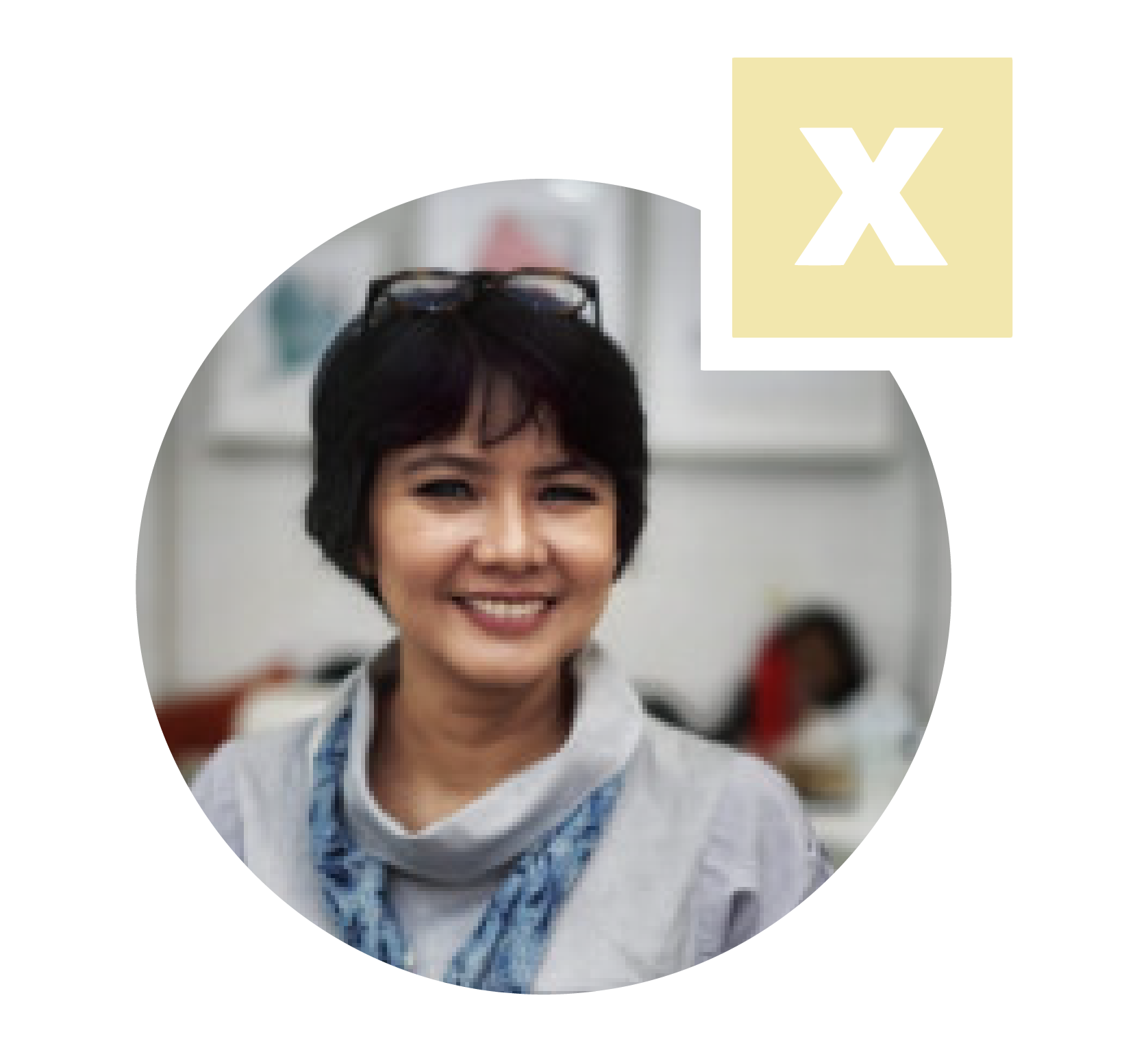
Felencia Hutabarat is the cofounder and managing director of ke:kini, a coworking space in Jakarta (Instagram: @komunitaskekini), established as hub for cultural/creative communities working to create common solutions for social challenges. She currently sits as the Secretary General of Coworking Indonesia Association.
She has been working in the field of arts, culture and creative economy for the past 15 years. She worked as the Creative Industries Consultant for the British Council (2013-2018), where she liaised and designed programs to implement the MoU between the UK and the Indonesian governments to support the Creative Industries.
Felencia co-founded 4 national network initiatives, including the Indonesian Creative Cities Network (iccn.or.id) in 2015, Jogja Festivals, a network of Cultural Festivals in Yogyakarta city in 2015 (Instagram: @jogjafestivals); Coworking Indonesia Association in 2016 (coworking.id) and Peretas (2017), an organization focusing in creating a support system for women working in the arts.
Recently, together with 3 other organisations (honf.org, cast.id, sdinnovation.org), she co-organized Hack from Home initiative, a national maker hackathon event aimed to respond to Covid-19 pandemy in Indonesia.
You can talk to her about: coworking movement, creative economy, creative cities, creative/cultural network and community/ecosystem building.
Read More
Thomas Landrain
CoFounder and CEO - Just One Giant Lab (JOGL.io)

CoFounder & CEO - Just One Giant Lab (JOGL.io).
Thomas Landrain is a synthetic biology researcher who became by necessity a social entrepreneur and an activist in order to explore and build alternative models to both academic research and corporate innovation systems in order to open and scale community-based science and open source innovation. JOGL is the first research and innovation laboratory operating as a distributed, open and massive mobilisation platform for collaborative task solving. JOGL is the 3rd organisation Thomas have founded after the first French biohackerspace La Paillasse and the biotech startup PILI. Read more here
Vasilis Kostakis
Professor
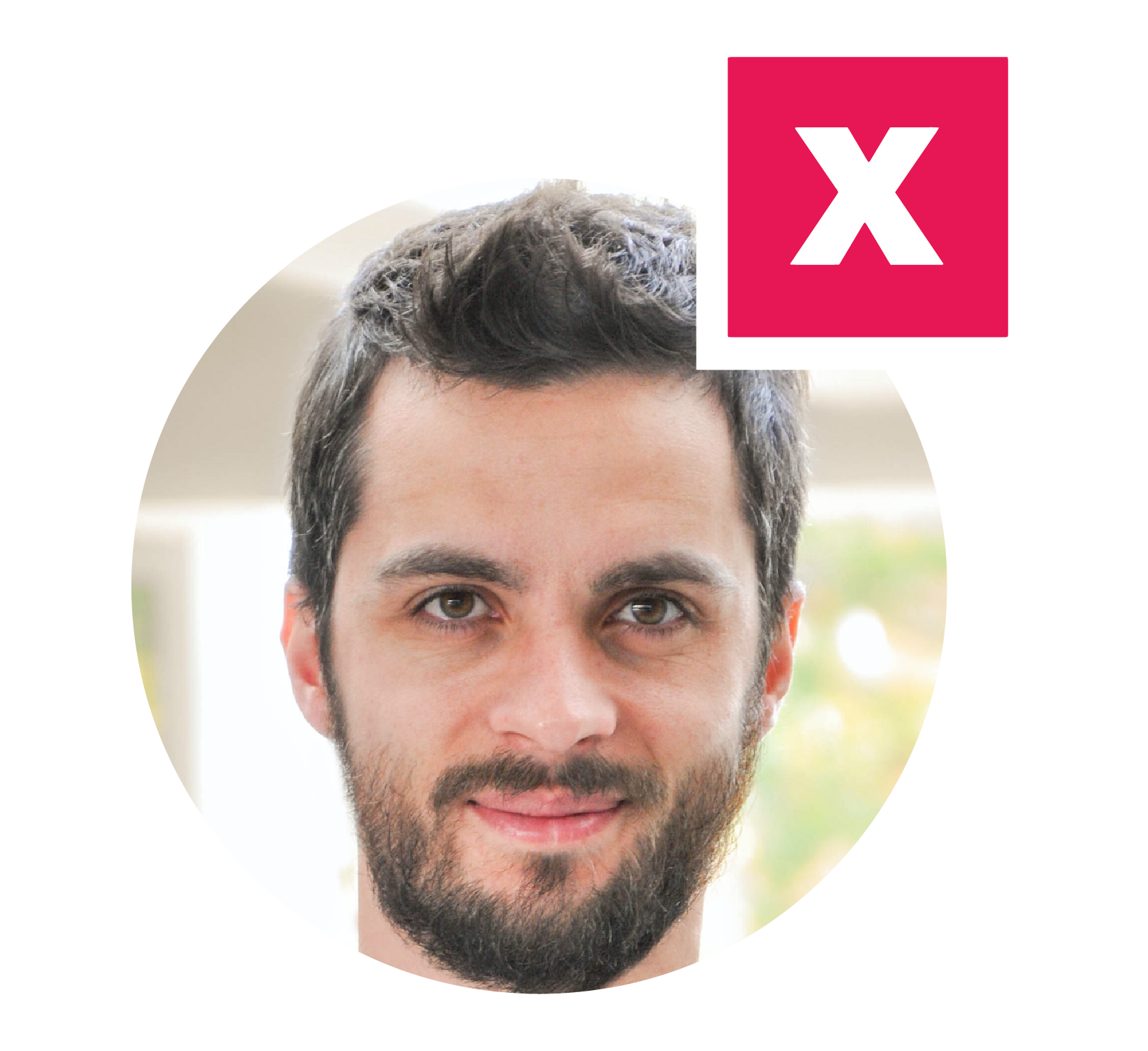
Vasilis Kostakis is Professor of P2P Governance at TalTech and Faculty Associate at Harvard University’s Berkman Klein Center. He is also the Founder of the P2P Lab. In 2019, Vasilis was awarded a four-year grant from the European Research Council, to study the convergence of the digital commons with local manufacturing technologies. He has written essays for several outlets such as the Harvard Business Review and Aeon. His work has appeared in 15 languages.
William Baker
MD
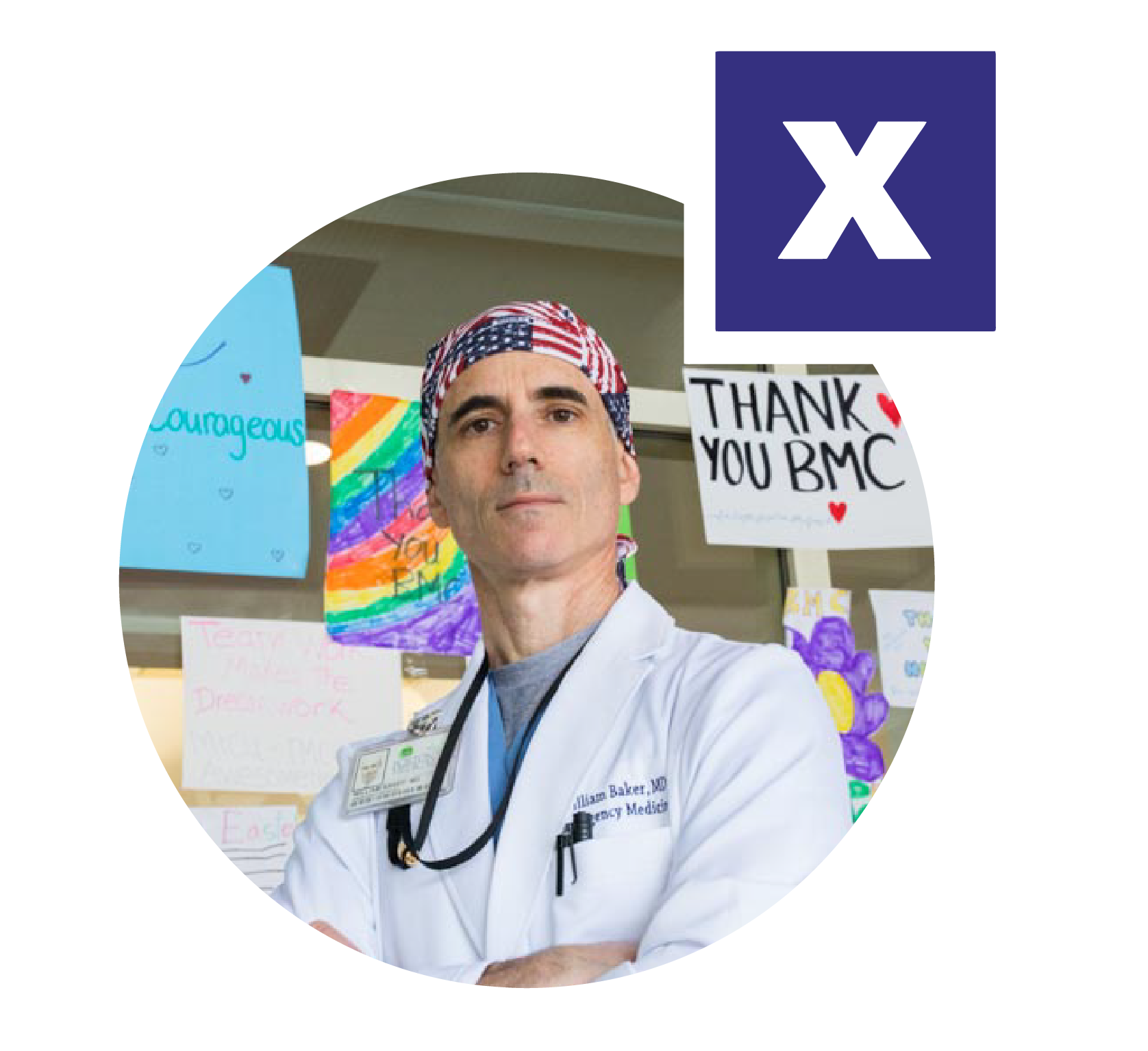
Dr. Baker is Senior Vice Chair for Quality and Safety and a senior member of the emergency department’s operations management team. He strives to improve healthcare through systems improvements and to achieve personal excellence in patient care while serving as a clinical educator and researcher. His quality improvement training includes having completed the Institute for Healthcare Improvement’s 10-month “Improvement Advisor Professional Development Program”.
Dr. Baker received his MD degree from the University of Vermont College of Medicine in 1990 and completed his residency in emergency medicine at Northwestern University in 1994. He served as Associate Director of the Surgical Section of the ED, Lincoln Medical Center (Bronx, NY), where he spearheaded a variety of projects towards improving systems of care within the ED (as well as chaired the hospital’s Disaster Committee).
In 1997, Dr. Baker joined the BU Emergency Medicine group, initially helping kick-start the department’s staffing and administering of an affiliated community ED with a new EM residency rotation. He transitioned full-time to the BMC campus in 2002 where he plays a key role among the department’s leadership in the areas of operations management and quality improvement. His interests, expertise and activities are varied and, in addition to the above, include critical care, sepsis, emergency preparedness, ultrasound, competency evaluation and EMS. He supports the University and hospital through a variety of committees and projects, including as serving as faculty/mentor to the BMC QI Hub and BUMC Early Career Faculty Development Program.
His responsibilities extend beyond the hospital. Dr. Baker has chaired SAEM’s ED Administration & Clinical Operation’s and SAEM’s Web Evolution Committees as well as SAEM’s Operations and Clinical Directors Interest Groups. Local EMS committee membership includes Conference of Boston Teaching Hospitals (previously chaired) and Metropolitan Boston Emergency Medical Service Council’s Medical Control Committee and Board of Directors.
Read more
Alfonso Parra Rubio
Research Assistant
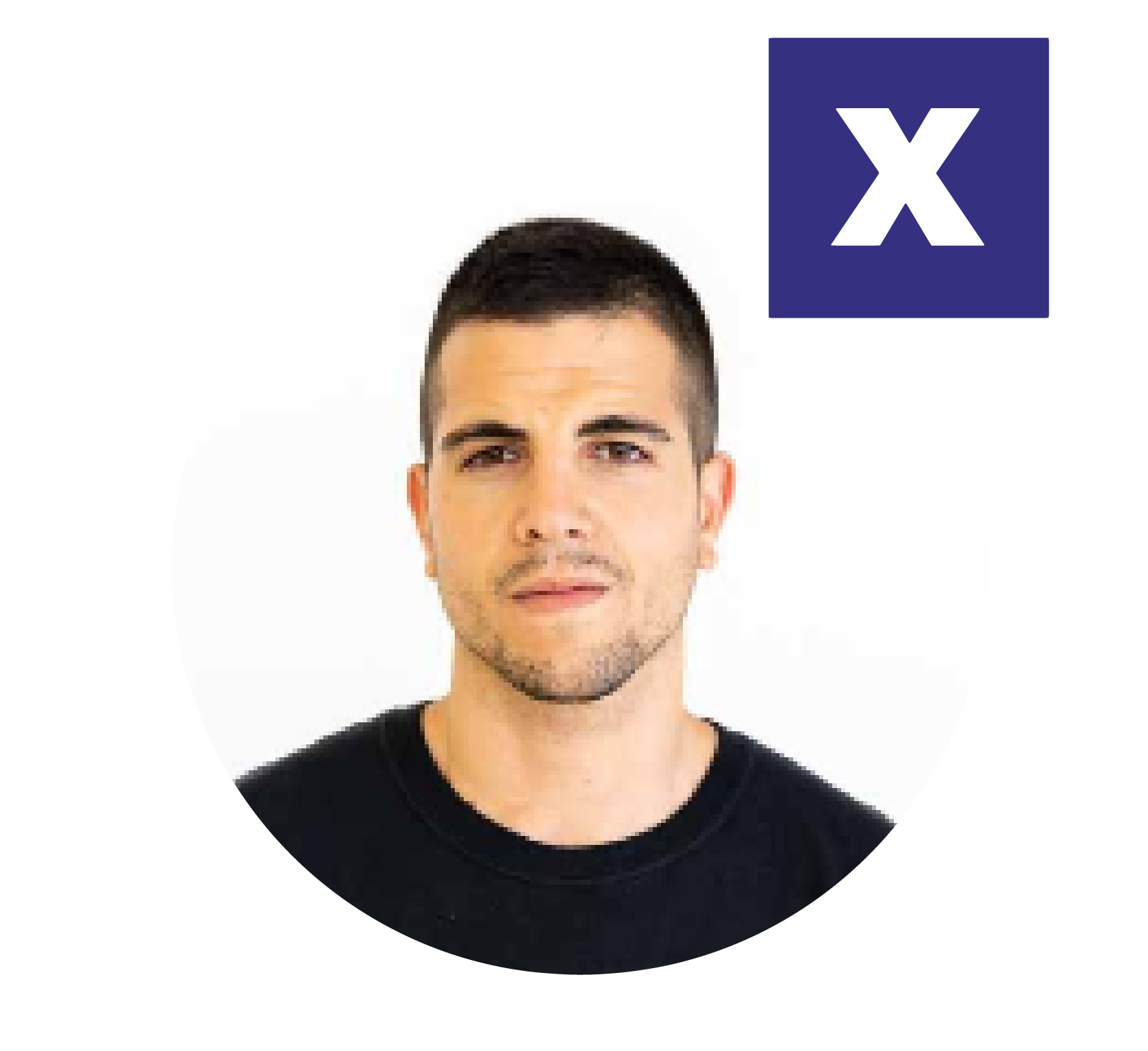
Hola!
Welcome here. Im a Research Assistant at the MIT Center for Bits and Atoms. I grew up between Caniles and Baza (Spain) but my last 10 years has been in Madrid.
I am interested in structures, how to discretize complex shapes that enable controlled deformations with structural integrity. Right now, I am working on propose new structural and skin sollutions that allows curvature deformations and 2 curvature deformations. Since I was working at Airbus, to merge certain systems and structure into one same thing has call my atention.
Before coming to MIT, I worked for Airbus Protospace. My lab was centered on proposing new structural configurations. I did some flight test parts, foldable antennas,research on Vortex Generators and Origami Sandwich configurations.
This pandemic we have been working hard here at CBA. Find here some solutions we proposed in the CBA Covid-response.
Outside the lab, Im in love with Music. Before crossing the sea I left a band ;(. Click here and here to listen some funk progressive stuff.
Contact at aprubio [at] mit.edu
Read more
Ece Tankal
Co-founder|Designer|Creative Director, Hyphen-Labs
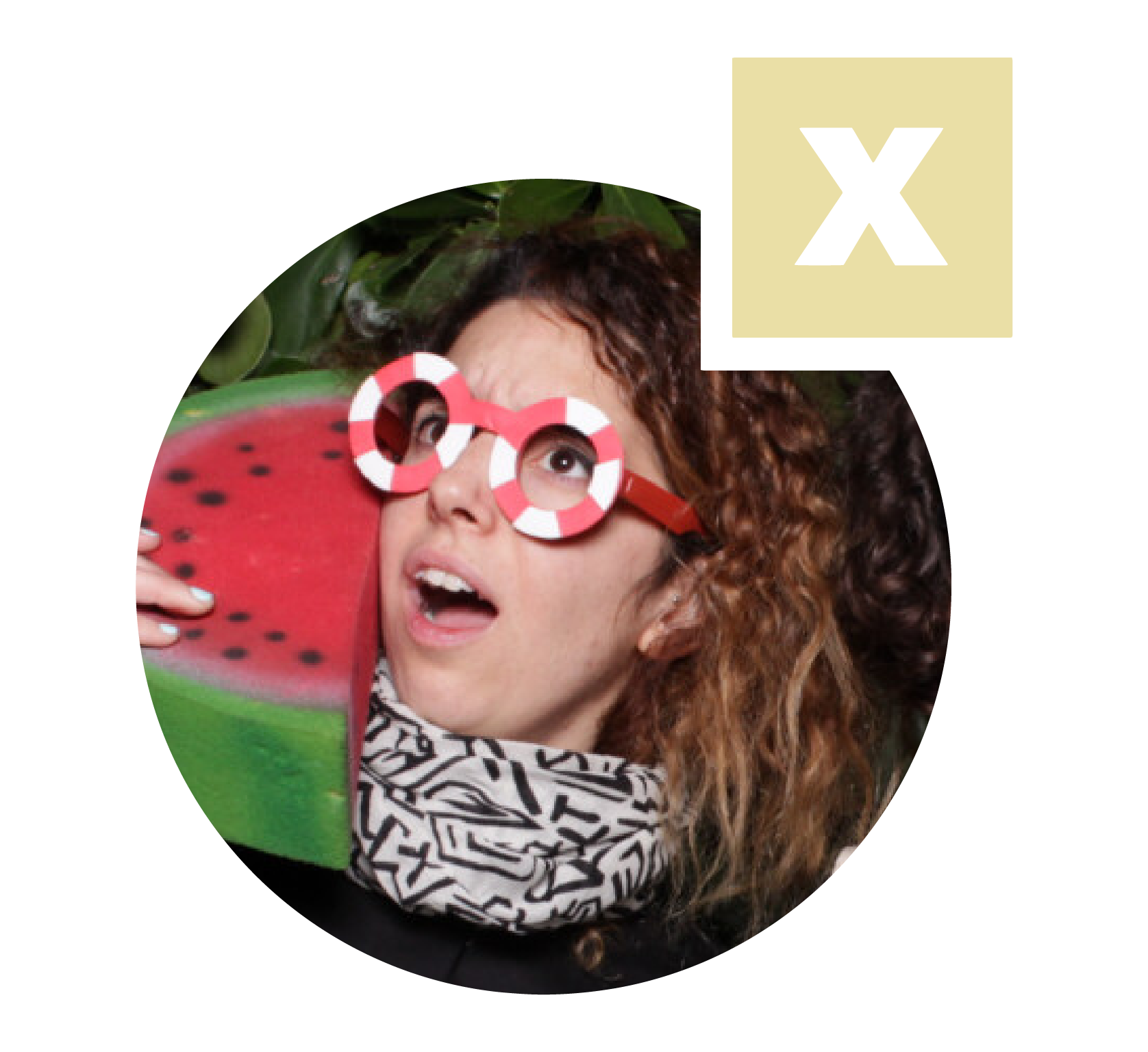
Hyphen-Labs is a London based design studio using technology to explore absurdities that emerge at the intersection of technology, art, science, and the future. We use design to challenge conventions and stimulate conversations, placing planetary needs and collective experiences at the centre of our current evolving narratives. Read More
Sameera Chukkapalli
Founder and Director of Needlab

As an advanced architect and director of Needlab (Barcelona, Spain) I spend most of my time drafting human and environment-centred design solutions with communities, around the world. Currently, I am driven towards solving the UN Sustainable development Goals and making sustainable design solutions reachable to all.
I founded Needlab, after completing my Masters and Postgraduate studies in Architecture and Robotics from IAAC. Needlab is a not for profit organisation aimed to solve problems related to habitat and urban resilience in cities and rural communities. We have completed 46 projects on 4 continents - directly impacting more than 5000 people.
I’m truly fortunate to be a Yunus and Youth Fellow, FAB City Fellow, SIMP Leader, recipient of Design for all “ GOOD Practice” Award and to have received the honor to speak at the UN-Habitat Assembly 2019, Nairobi, Kenya.
I’m currently working on “House for all” initiative which is a transdisciplinary based methodology that combines primacy of science and practice to sustainably solve the societal problem of secondary and tertiary homelessness.
Danny Beesley
CEO, IDEA BUILDER Labs
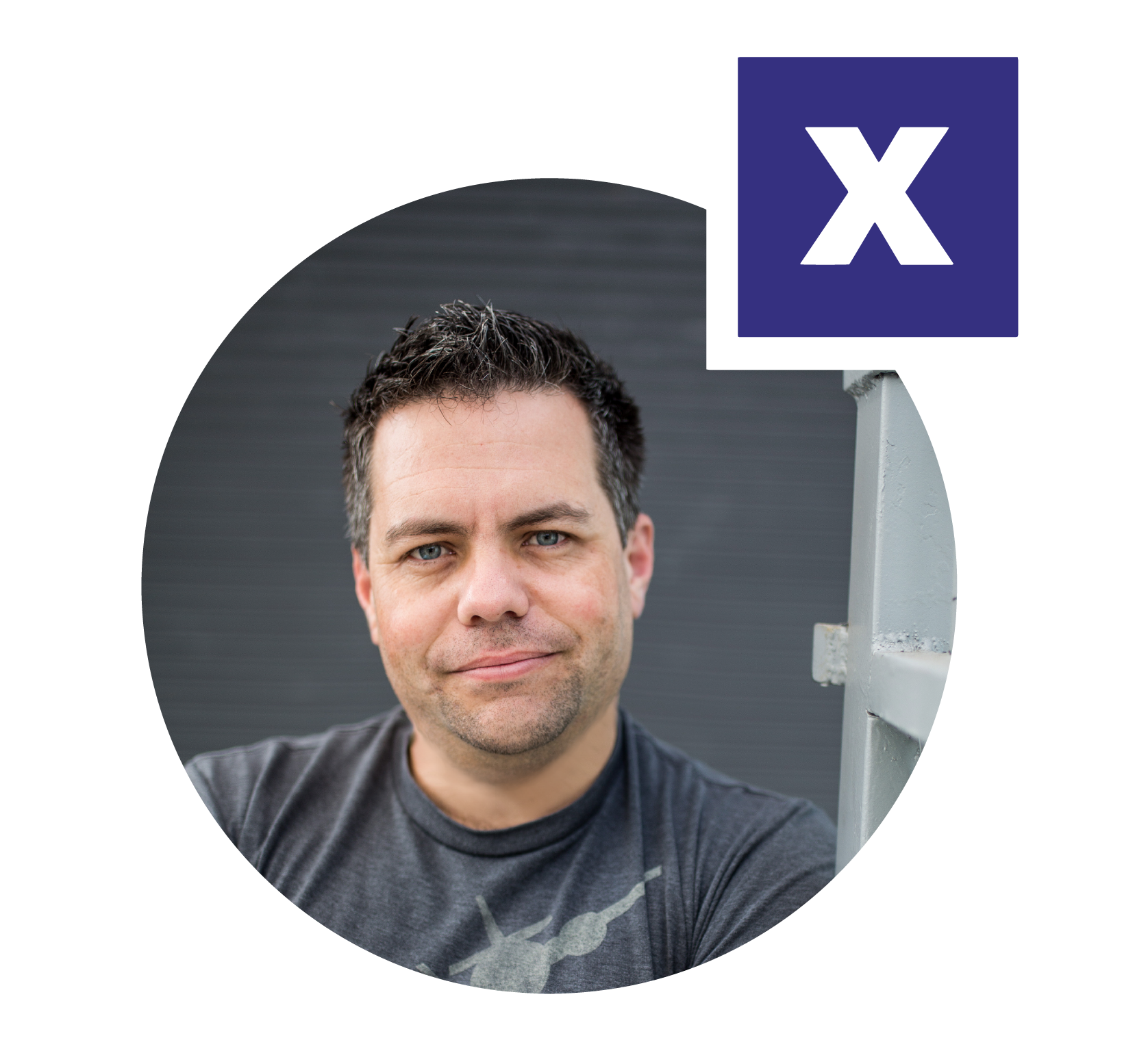
Danny Beesley is a social entrepreneur dedicated to cultivating a vibrant local manufacturing ecosystem through the creation of innovative manufacturing facilities in schools, community and industry. He is the Co-Lead of Oakland Fab City, the local chapter of a global initiative with the ambitious goal of creating everything that is consumed within the city by the year 2054. Danny also founded and operates the FabLabs at both Laney College and College of Alameda.
Cindy Kohtala
Postdoctoral researcher
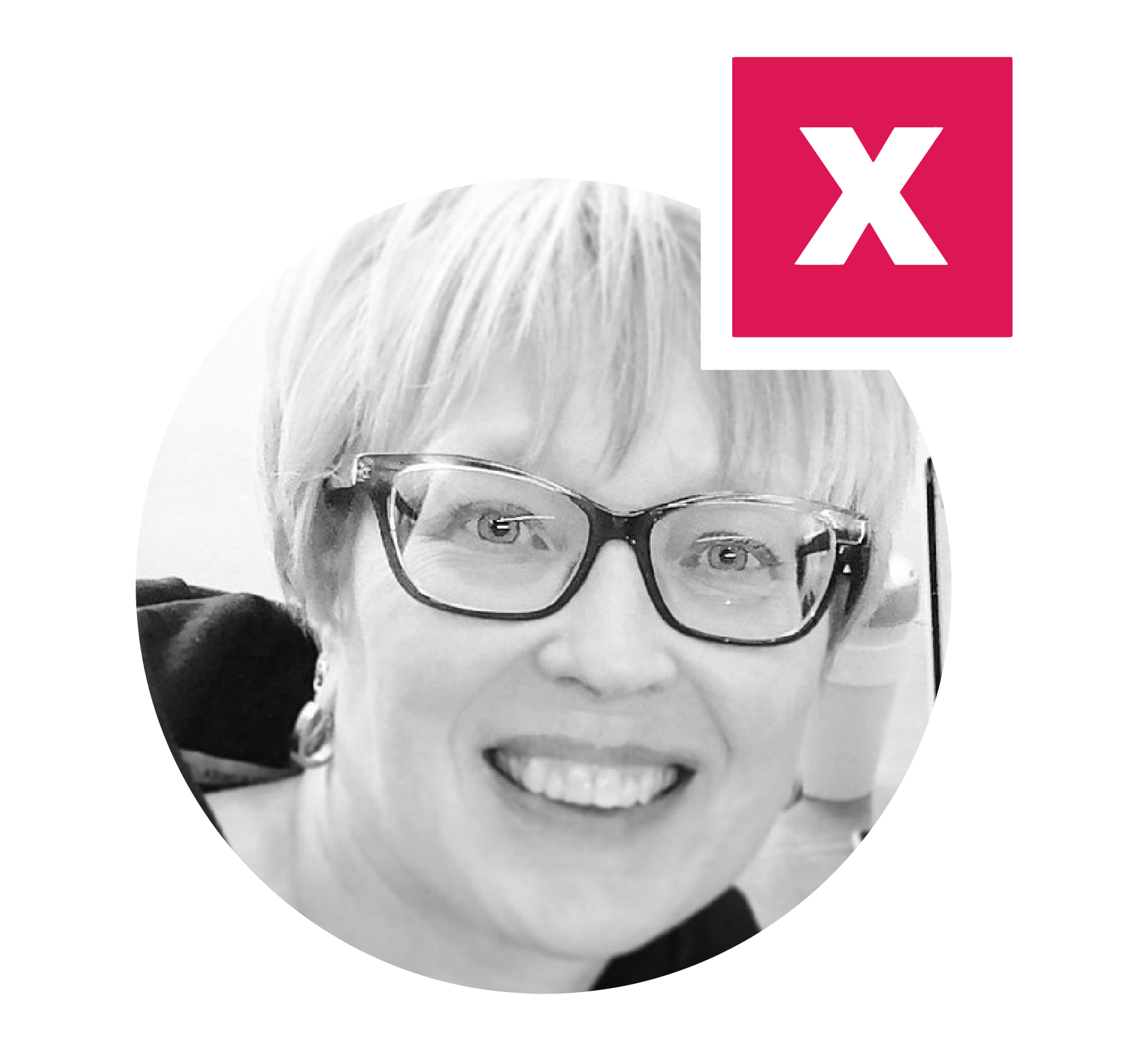
Cindy Kohtala studies fab labs and material peer production through ethnographic enquiry, focusing on the potential for socio-environmental transformation. She examines makers’ techno-utopian imaginaries in enacting a ‘new industrial revolution’ and how makers self-organize and act to democratize and localize material production.
Manu Prakash
Professor
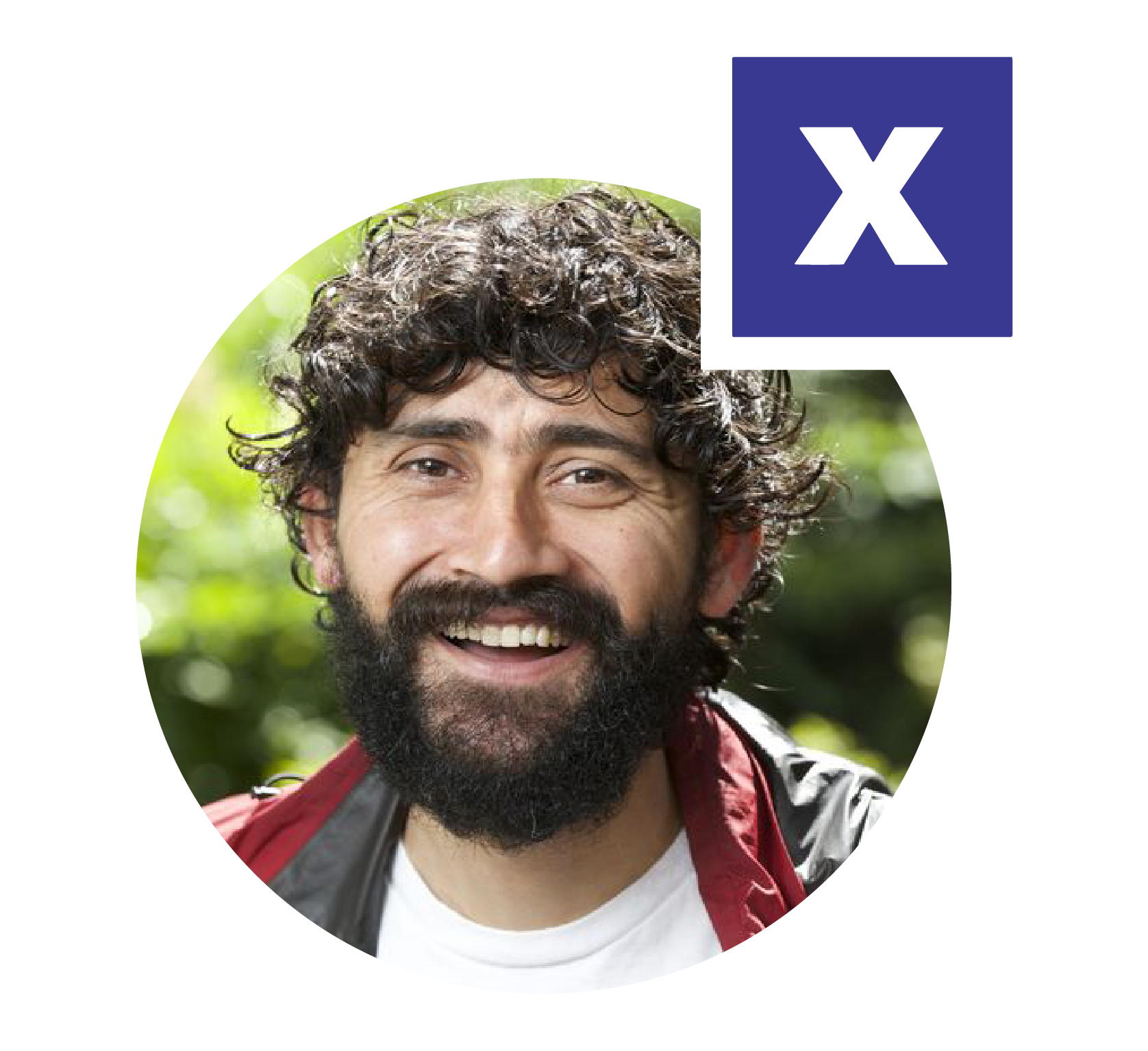
We are a curiosity driven research group working in the field of physical biology. Our approach brings together experimental and theoretical techniques from soft-condensed matter physics, fluid dynamics, theory of computation and unconventional micro and nano-fabrication to open problems in biology: from organismal to cellular and molecular scale. We design and build precision instrumentation including droplet microfluidic tools to probe and perturb biological machines and their synthetic analogues. Along the way, we invent novel technologies in global health context with clinical applications in extreme resource poor settings.Read more
Richa Shrivastava
Managing Partner, Maker's Asylum

Richa drives strategic collaborations and partnerships for Maker’s Asylum. She believes that the future of learning is evolving and alternative spaces will be significant in customising people’s learning journeys.
Richa is also a graduate from Indian School of Business and in her previous stint worked with the State Government of Andhra Pradesh in India to drive IT investments into the state. She has been particularly instrumental in forging strategic partnerships with the likes of Monetary Authority of Singapore, Visa, Thomson Reuters and 30+ such partners for Fintech Valley Vizag (a sustainable ecosystem created to support the flourishing Fintech industry in India) in the short period since the initiative took off as a state level strategy.
Richa has also worked in the Indian Telecommunications industry. Her role as the Business Intelligence to the Chief Technology Officer at Idea Cellular involved strategic and analytic support to the leadership of the organisation.
Tomás Vivanco
Director, Fab Lab Austral. Professor
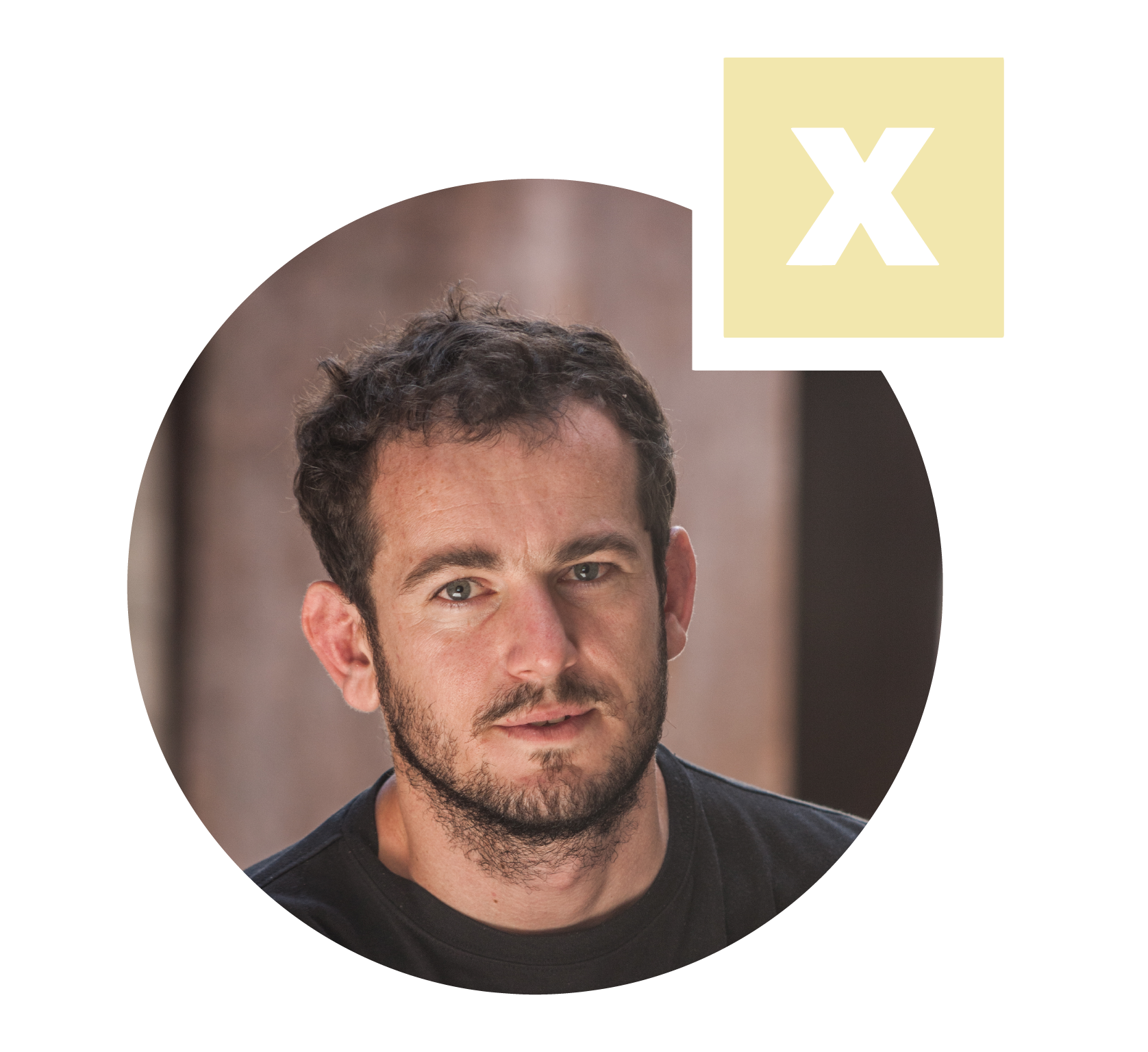
Tomás is a Chilean Architect, he holds a Master in Advanced Architecture from IAAC and currently, he is a PhD candidate in Architecture and Urban Planning, Digital Futures group, Tongji University in Shanghai.
He directs Fab Lab Austral in Puerto Williams, Chile, the southernmost Fab Lab in the world. Founded in collaboration between the Center for Bits and Atoms, Fab Foundation, Pontifical Catholic University, Dassault Systems and Cabo de Hornos Municipality.
Where they focus on the local community, ecosystems, sciences, arts, and digital technologies. Creating a digital culture centred on people, sustainability, prototyping and research. Linking local needs with global infrastructures and networks. Promoting decrease, resilience, manufacturing and implementation of meaningful design solutions and interventions. Through ecosystem-oriented design processes.
Since 2013, he is an Assistant Professor at the Design School of the Pontifical Catholic University of Chile. Where he runs undergraduate and postgraduate (Master in Advanced Design) curses of Associative Design, Design by Simulation, Urban Hacking, Critical Futures Design and Studio class.
His research is focused on the development of low energy material systems computation, meaningful digital technologies for communities, the relationship between digital infrastructures with social systems, and digital futures.
He also co-founded Fab Lab Santiago and hosted Fab 13- Fabricating Society, in Santiago 2013.
Pranam Chatterjee
Research Fellow, Harvard Medical School and MIT
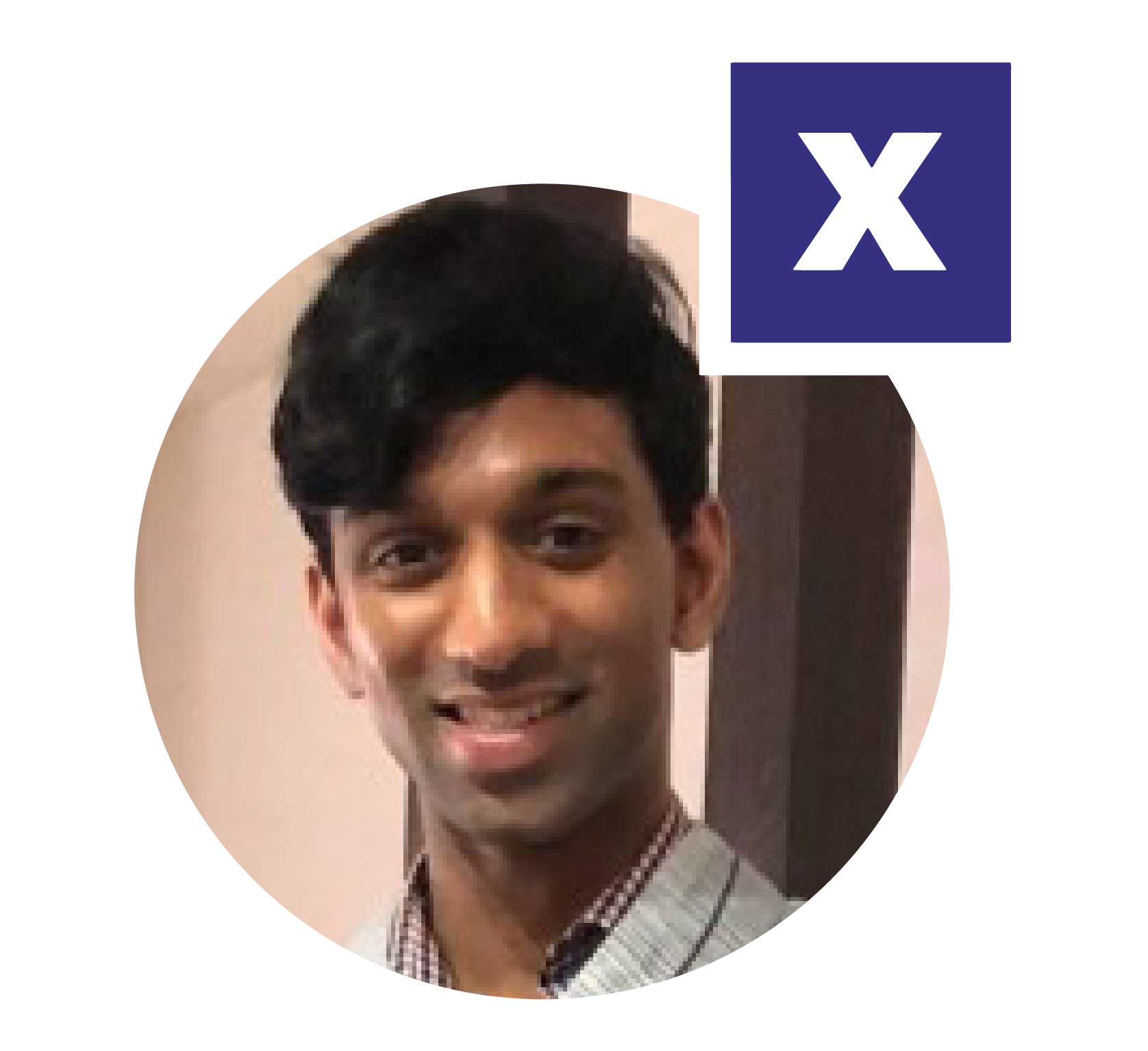
Pranam Chatterjee is the current Carlos M. Varsavsky Research Fellow at Harvard Medical School and a recent PhD graduate of the MIT Media Lab and MIT Center for
Bits and Atoms, where he engineered novel CRISPR tools for broad biological applications, utilizing both computational and experimental methodologies. He has
published seminal work on the discovery and enhancement of CRISPR-Cas9 enzymes for broad, efficient, and specific genome editing. These novel enzymes have been
employed to edit the genomes of diverse organisms, from rice to rabbits, and are further being developed to treat genetic diseases, such as Huntington’s Disease and
Rett Syndrome. Additionally, he has extensive experience in cancer immunotherapy, having co-authored foundational work on the functional mechanisms of PD-1
checkpoint blockade. Finally, Pranam’s established expertise in bioinformatics and machine learning are currently being applied for the development of in vitro
gametogenesis protocols.
Alejandra Díaz de León L
Co-founder, Laboratorio DAFD & Fab Lat Kids

Alejandra is a mexican architect. IAAC and Fab Academy 2014 graduate, currently studying a PhD in Engineering Science at Tec de Monterrey. She founded Laboratorio de Diseño Avanzado, a space for interdiscipline and experimentation in design, in the Latin American context. She also co-founded Fab Lat Kids to bring new technologies for making and learning to children around the globe
Kali Akuno
Executive Director
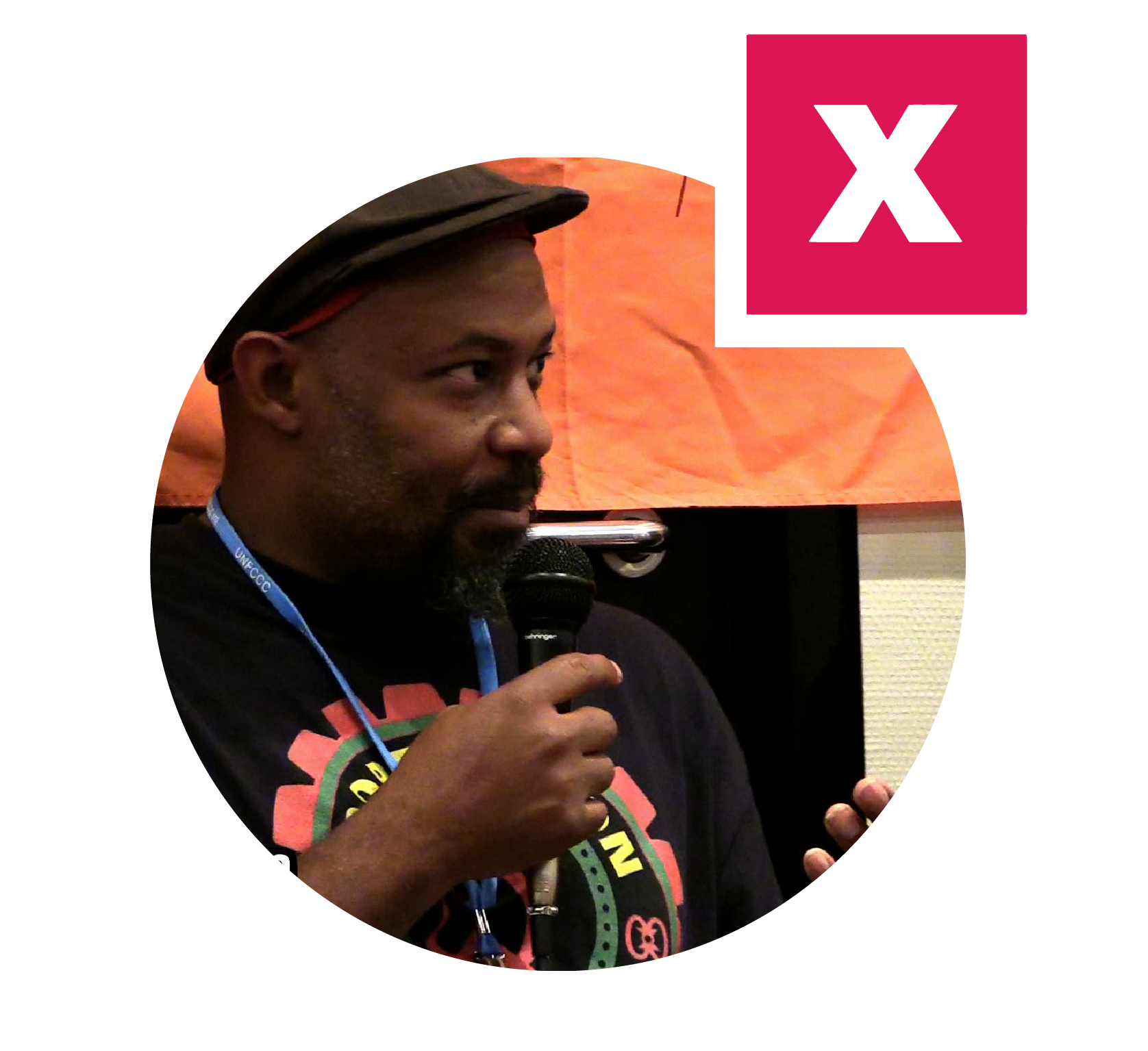
Kali Akuno is a co-founder and co-director of Cooperation Jackson.
Kali served as the Director of Special Projects and External Funding in the Mayoral Administration of the late Chokwe Lumumba of Jackson, MS. His focus in this role was supporting cooperative development, the introduction of eco-friendly and carbon reduction methods of operation, and the promotion of human rights and international relations for the city.
Kali also served as the Co-Director of the US Human Rights Network, the Executive Director of the Peoples’ Hurricane Relief Fund (PHRF) based in New Orleans, Louisiana after Hurricane Katrina. And was a co-founder of the School of Social Justice and Community Development (SSJCD), a public school serving the academic needs of low-income African American and Latino communities in Oakland, California.
Sename Koffi A.
Architect, anthropologist
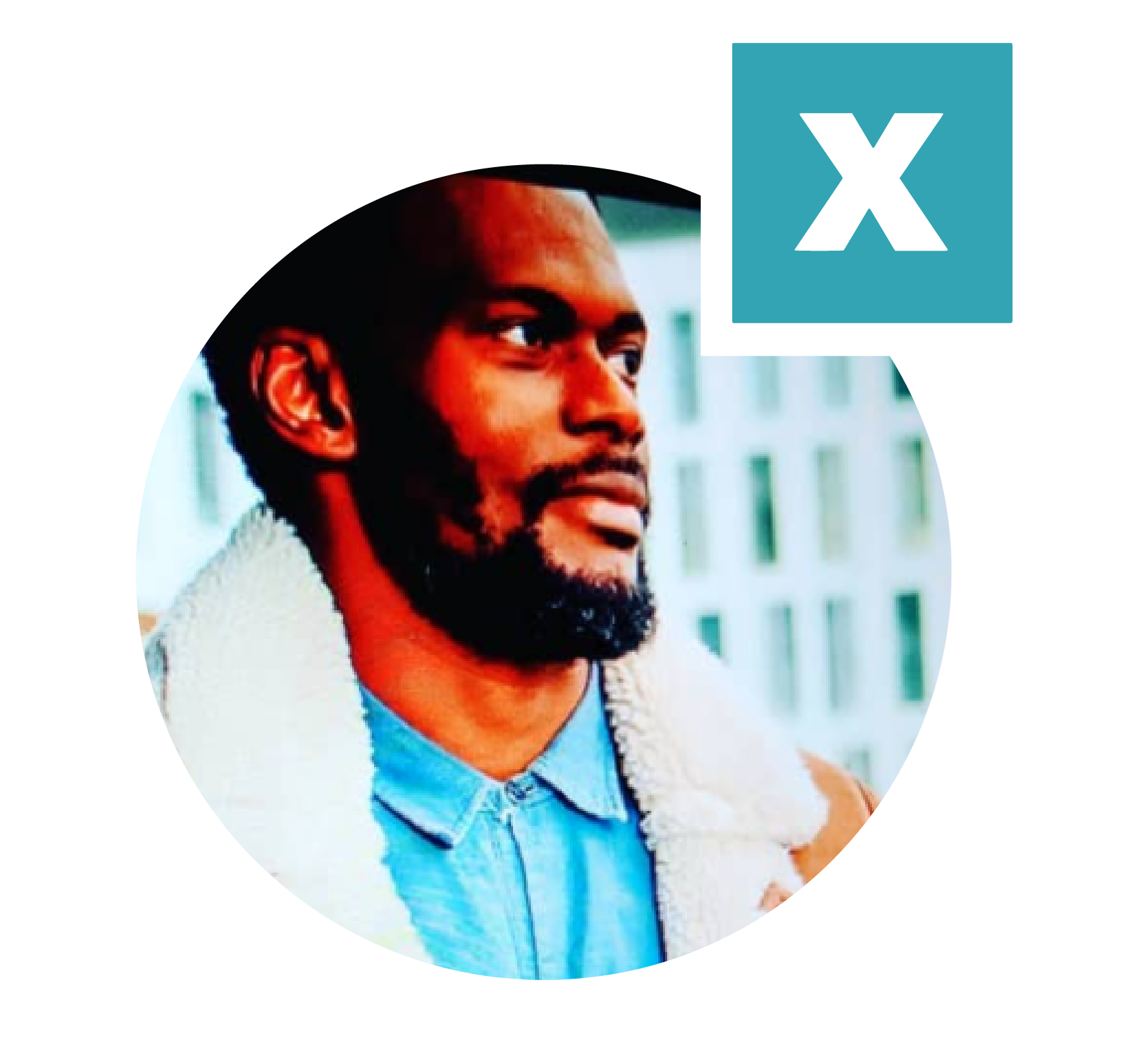
Architect and anthropologist, Sénamé Koffi Agbodjinou is the creator of the collaborative research platform on African architecture and city issues ‘L’Africaine d’architecture’. Founder of WoeLab, a network of Togolese grassroots tech-hubs whose ambition is to “make everyone equal in the face of technology” and in which he helped launch the half-dozen shared companies of the #Siliconvillage Group. Since 2017 Sename has been elected to the Ashoka Foundation’s prestigious fellowship program for social entrepreneurs.
Born February 8, 1980 in Lomé, Sénamé Koffi Agbodjinou trained as an architect and anthropologist. After extensive experience in humanitarian construction, he creates the platform L’Africaine d’architecture on the line “Modernité Ancrée” where the ambition is to provide the conceptual means of architectural alternatives that value the canons, dynamics and resources of the raw materials. In 2006, he is in charge of the project of Tammari School, a school complex for 200 children, made of raw earth and mixed techniques with the population and the tamberma builders (Northern Togo, World Heritage of UNESCO).
In 2012, he becomes a defender of a “digital vernacular, when he identifies a similarity between “Ethics Hackers” and the values of traditional African societies. The #LowHighTech concept is born to emphasize this proximity and to consider an original approach to innovation issues involving modest layers. The HubCité vernacular smart city project, the WoeLab grassroot incubator and the W.Afate (the first African 3D printer, built with computer waste) are the best ambassadors for this vision of society.
Sénamé leads the network of WoeLabs (African Spaces of Technological Democracy), atypical spaces that facilitate a pool of intelligences and mix different populations that aim to use with low environmental footprint. He is mentor of a community of about thirty young boarders, co-partners of the dozen local businesses, collaborators of the #SIliconVilla program.
Another pilot programme ,# 3DprintAfrica, is deployed in the radius of one km, like many project running at WoeLab, brings fast prototyping technologies into schools and cyber-cafes with the concious concertn that Africa should not get caught into the “next Industrial Revolution”.
Sénamé is a speaker at several major conferences: Lift -Marseille, SXSW -Austin, Re: Publica -Berlin, World MakerFaire -NYC, World Forum For Responsible Economy -Lille, Sharing Khnowledge -Trieste, etc. His interest covers issues as diverse as startup culture, the Digital Revolution in Africa, Circular Economy, Collaborative Economy, Third Industrial Revolution, Maker and DIY movements, Earth Construction
Read more
Joel Cutcher-Gershenfeld
Professor
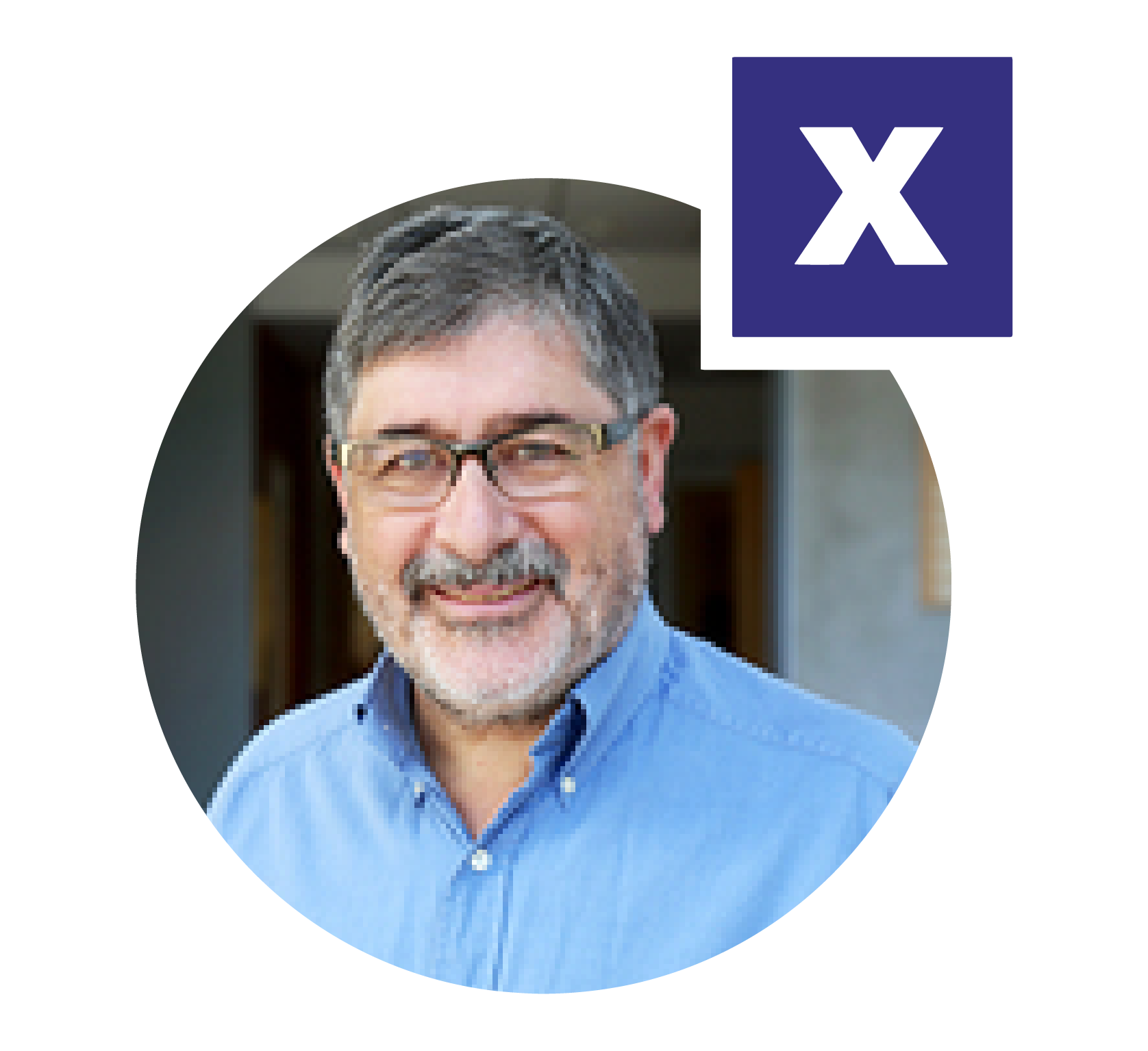
Joel Cutcher-Gershenfeld is a professor in the Heller School for Social Policy and Management at Brandeis University, where he leads research on agile institutions and teaches classes on strategy and operations in the Social Impact MBA. Previously he served as a professor and dean in the School of Labor and Employment Relations at the University of Illinois, United States. Joel serves as editor for the Negotiation Journal at the Program on Negotiation at the Harvard Law School. Joel is an award-winning author who has co-authored or co-edited eleven books, including Designing Reality: How to Survive and Thrive in the Third Digital Revolution (Basic Books, 2017), Inside the Ford-UAW Transformation: Pivotal Events in Valuing Work and Delivering Results (MIT Press, 2015), Multinational Human Resource Management and the Law (Edward Elgar, 2013), Valuable Disconnects in Organizational Learning Systems (Oxford University Press, 2005), Lean Enterprise Value (Palgrave, 2002), Knowledge-Driven Work (Oxford University Press, 1998), and Strategic Negotiations (Harvard Business School Press, 1994), and over ninety-five articles, book chapters, and policy papers on high performance work systems, transformation in labor-management relations, negotiations and conflict resolution, economic development, and engineering systems. He has helped to lead large-scale change initiatives in public and private sectors in Australia, Bermuda, Canada, England, Iceland, Jamaica, Japan, New Zealand, Panama, and the United States. Joel’s current research is centered on stakeholder alignment in complex systems – a foundation for institutions in the 21st Century. Read more…
Zach Fredin
Research Assistant
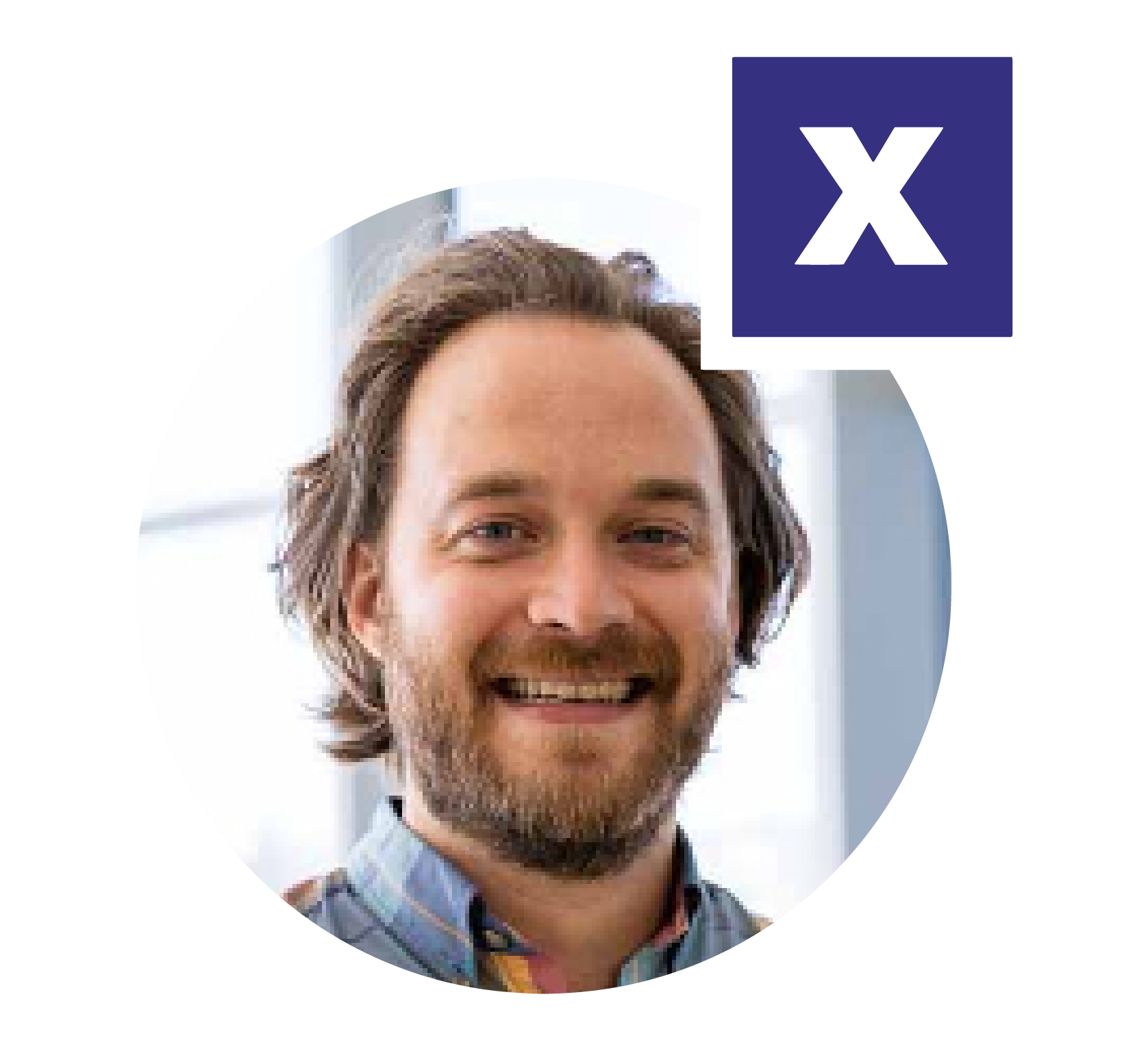
Hi! My name is Zach Fredin. I am originally from Columbus, OH, and most recently lived in Minneapolis, MN before moving with my wife Danica to Cambridge, MA for grad school. Before MIT, I started a neuroscience education company, sold grain silo radar level instruments, planned maintenance for a 50,000 ton forging press, and grew enormous quartz crystals. I studied materials science and engineering at Case Western Reserve University, where I worked as a foundry assistant and rowed on the crew team.
My portfolio, which talks a bit about past projects and work.
At CBA, I study digital materials, micron-scale direct-write fabrication, and asynchronous mechanically reconfigurable computational structures. During the spring of 2020, I also worked on a number of rapid COVID-19 response projects intended for distributed FabLab-based community fabrication.
A square meter of printed circuit board consumes roughly a cubic meter of fresh water during its production.
I occassionally photograph woodland creatures.
MIT class sites: How to Make (Almost) Anything, The Nature of Mathematical Modeling
zach dot fredin at cba dot mit dot edu
pronouns: he/him
Alysia Garmulewicz
Professor
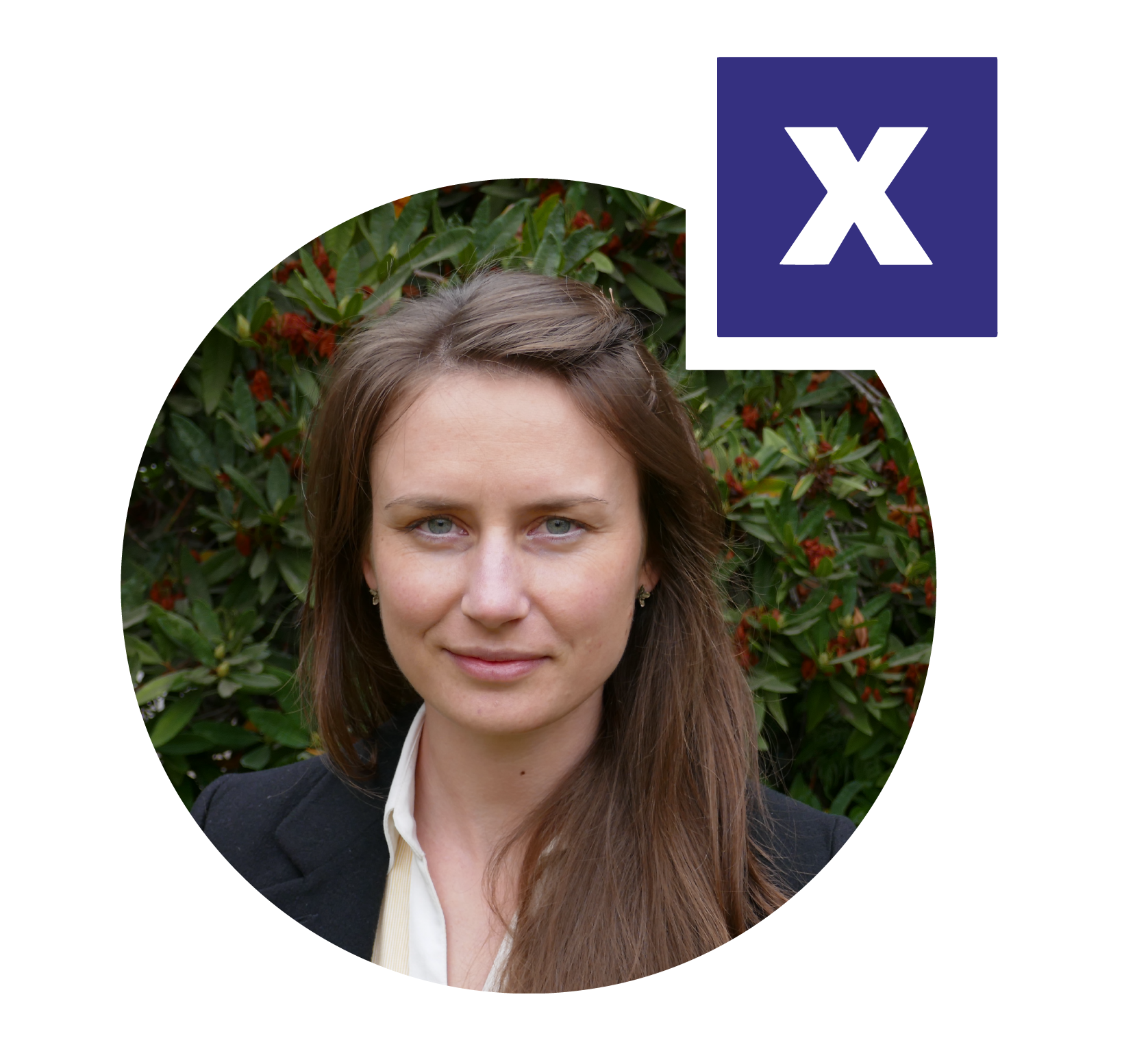
Alysia Garmulewicz is founder and director of Materiom, an open platform for biomaterial recipes. She is an Associate Professor of the circular economy at the Facultad de Administración y Economía, Universidad de Santiago de Chile. She is also an Associate Fellow at the CABDyN Complexity Centre, Saïd Business School, at the University of Oxford. Alysia researches digital fabrication and the circular economy, with a particular focus on biomaterials, open data and local material markets. Alysia has a Doctorate from the Saïd Business School, University of Oxford.
Carmen Aguilar y Wedge
Co-founder| Designer| Creative Director, Hyphen-Labs
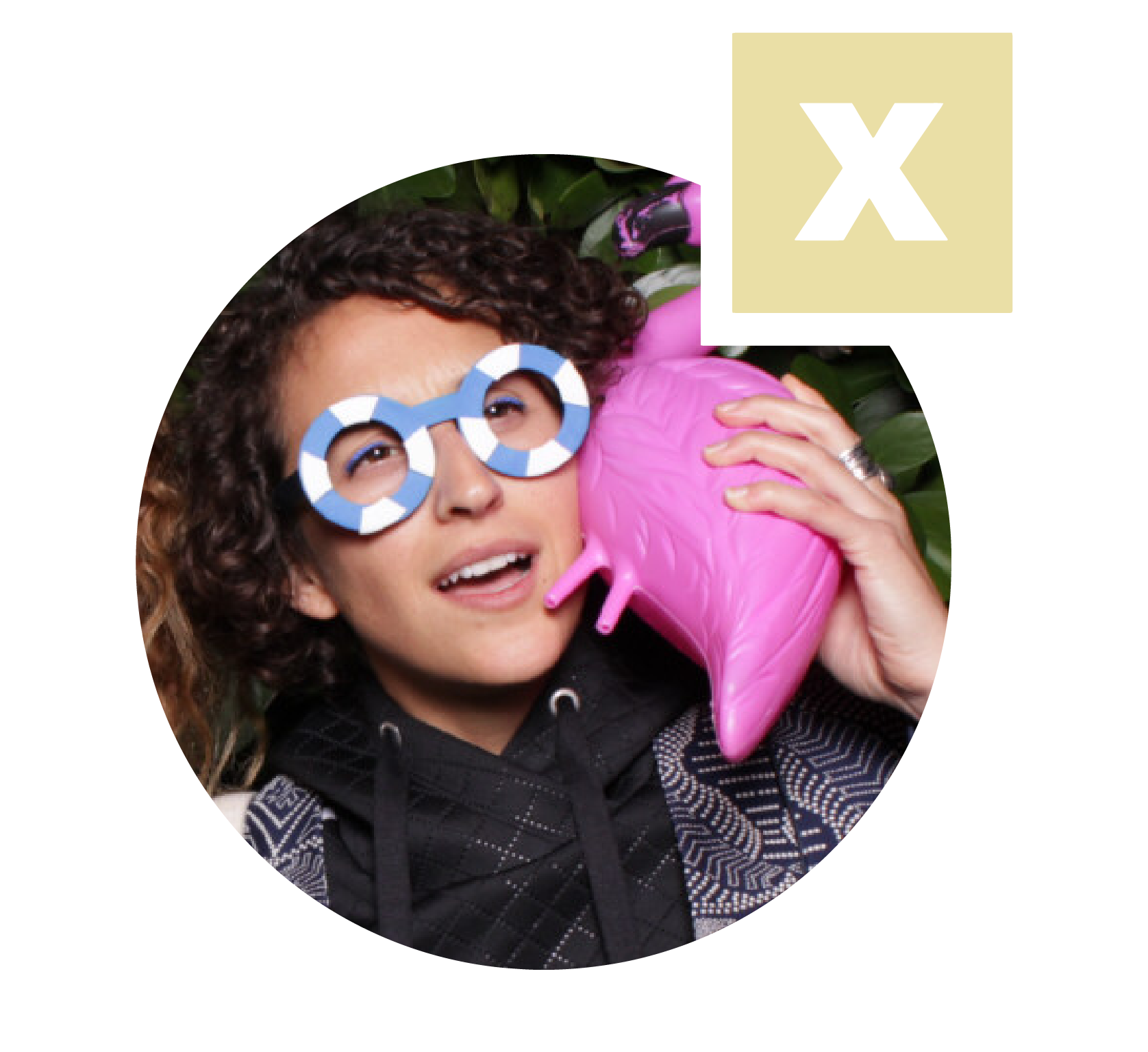
Hyphen-Labs is a London based design studio using technology to explore absurdities that emerge at the intersection of technology, art, science, and the future. We use design to challenge conventions and stimulate conversations, placing planetary needs and collective experiences at the centre of our current evolving narratives. Read More
Christie Mettes
MSc.
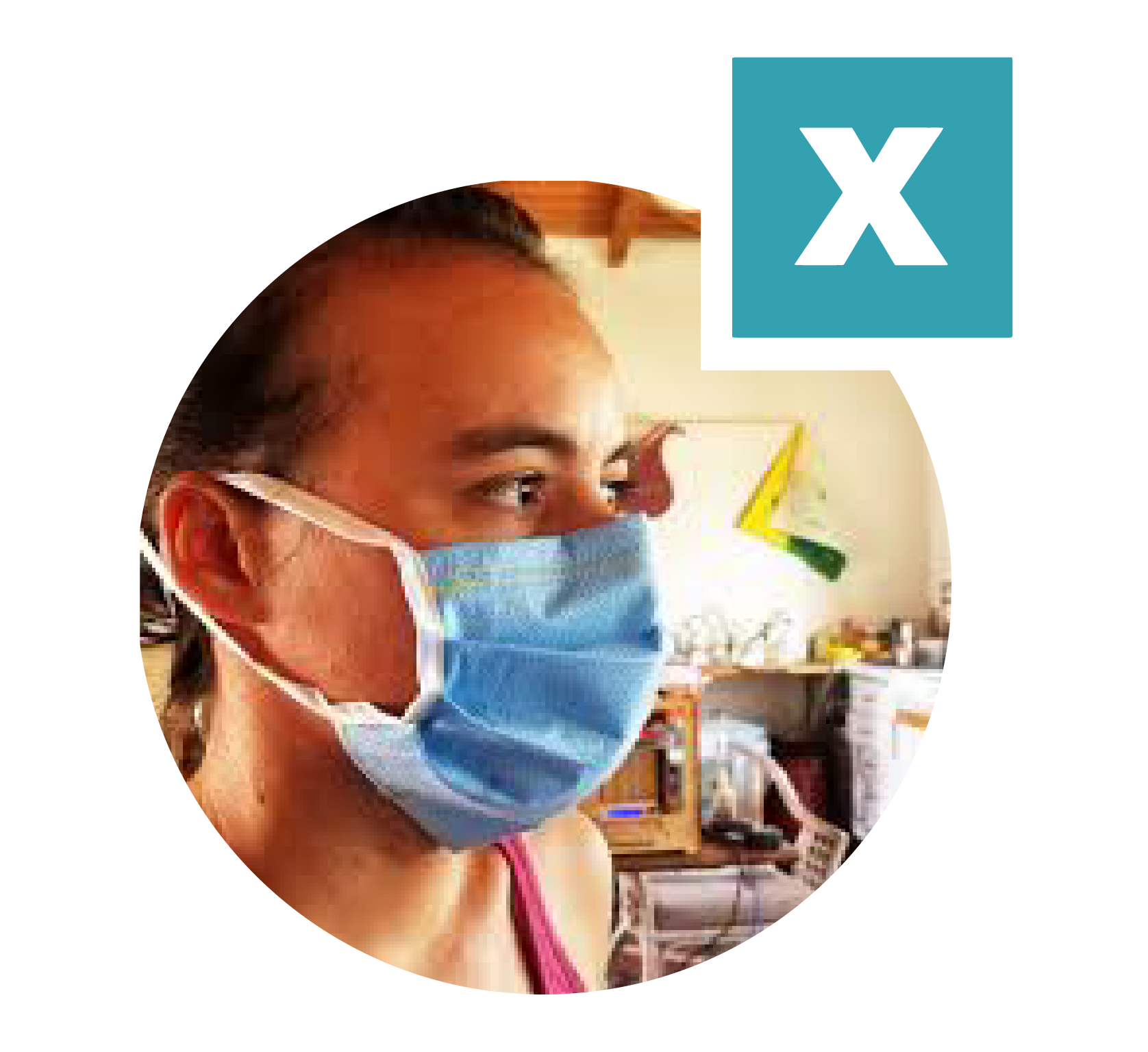
Christie Mettes grew up in Aruba and went to college in Utrecht, where she studied liberal arts and sciences, with a major in Human Geography and a focus on Latin America & the Caribbean. In 2009 she did her thesis on ecul-tourism in the Wixarika community of Tateikie. In 2011 she worked with a Dutch NGO in Bolivia. After which she went back to the Netherlands to complete a masters degree in Environmental Sciences. As part of this program she researched unusual south-south Migrations in Morocco and interned with Metabolic, a circular economy consulting firm in Amsterdam, where she decided to complete her masters thesis looking at human-environmental interactions around the Mae-Kha in Chiang Mai, Thailand in 2014.
After graduating she went on the co-lead the creation of Metabolic Foundation, with a focus on democratizing technology to empower communities transition towards more sustainable and equitable development. Initially working with the communities around the Mae-Kha. The program came to an abrubt stop the after the military coup d’etat in 2014. She moved back to Aruba with her partner and co-lead Tony Sevold. Here they organized an open workshop at Ateliers ‘89 to build digital fabrication tools out of e-waste and off-cuts.
In 2015 they moved to Kingston, Jamaica and collaborated with Di Institute for Social Leadership, to create science and maker workshops for kids as well a design thinking session for community innovation. In early 2016 the main financial supporter of the program fell out and they had to move back to Aruba.
This is when they used the self-built tools to start Aruba’s first public makerspace, called Brenchie’s Lab, housed at the Academy of Fine Arts and Design Aruba with support from UNOCA and Stimuleringsfonds Creative Industry. In this first year the invited amazing fabbers from the region: Gabi Agustini from Olabi in Rio, Carlos I. Silva from Fab Lab Puerto Rico, Interspecifics from Mexico and Joss Reeves from Port City Makerspace in the U.S. to learn from there experiences. This is when they started to teach design thinking and digital fabrication in the art and design preparatory program.
In 2017 they started a design thinking program to solve plastic on the island with support from BankGiro Loterij Fonds with Lewis Just, and co-built Aruba’s first plastic recycling facility based on Precious Plastics tools. In September of 2017 Christie started teaching environmental science at the University of Aruba.
In 2018 the Academy of Fine Arts and Design Aruba closed down and the makerspace founnd a new home in by the National Library of Aruba. At the same time a partnership was developed with Aruba Futura Foundation to transform an old library bus into a mobile makerspace that would visit schools around the island.
In 2019 they received a grant from UNESCO to develop SDG based environmental monitoring program for the island, with Arduino-based sensor systems, GIS analysis, using tensor flow for image analysis (with Uri Maxima) and Processing to turn data into live story telling (with Sharon Lee de la Cruz). After opening a second branch of the makerspace in late 2019.
2020 was suddenly met with COVID-19 and in the face of a shortage of PPE, the team re-organized to make PPE for Aruba.
Lars Hasselblad Torres
Executive Director, Artisan's Asylum Inc.
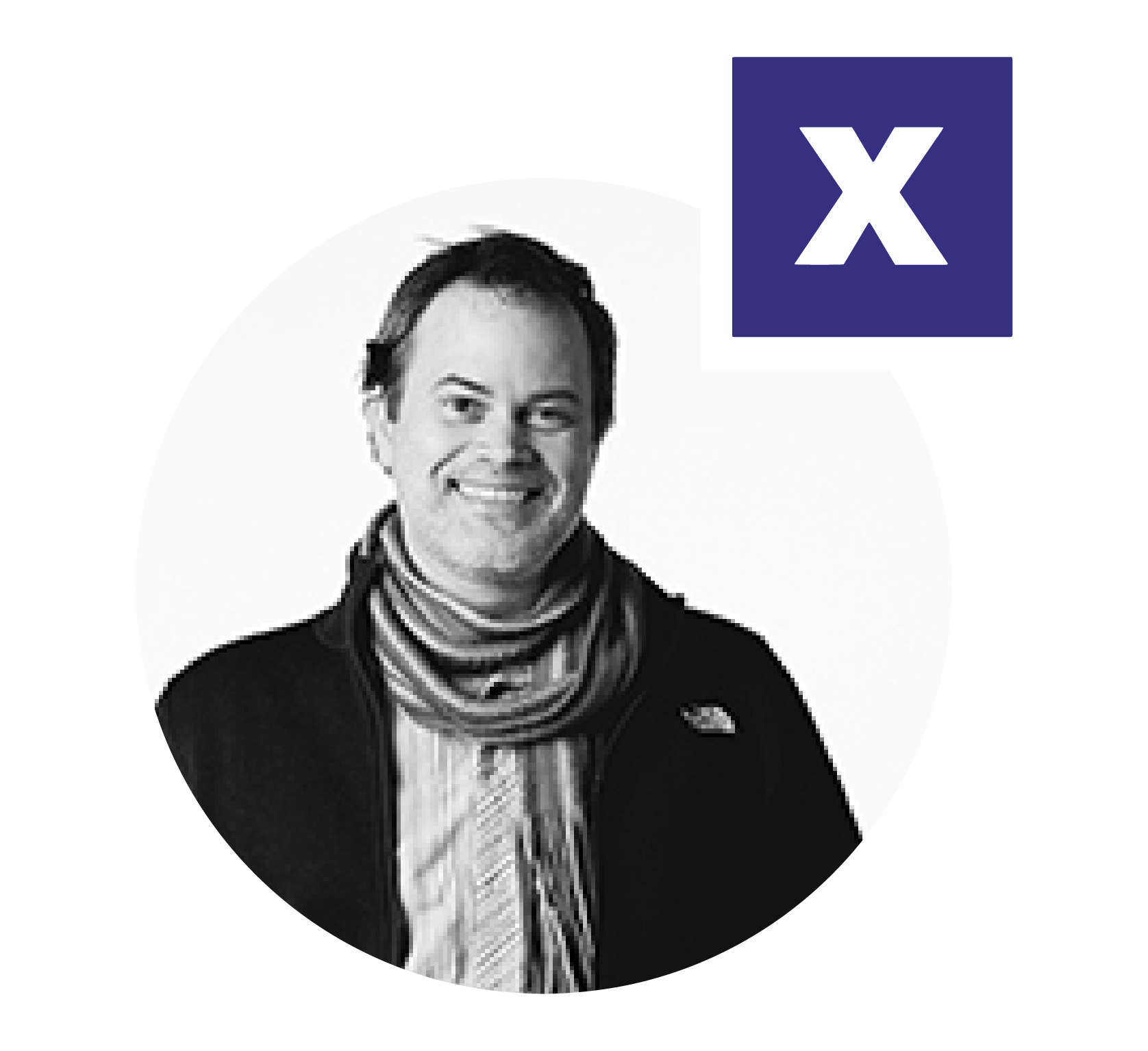
Lars is an artist, writer, educator and entrepreneur with a passion for arts-driven economic development. Lars has created and led arts, coworking and makerspaces in Washington, DC and Vermont as well as the state’s Backpacker Guide to creativity. In the fall of 2017, with a grant from the Democracy Fund, Lars traveled 14,000 miles around the country interviewing Americans about the ways our democratic aspirations are represented in the arts.
Prior to joining the Artisan’s Asylum, Lars served as Director of Vermont’s Office of the Creative Economy, Innovation Prize Advisor to the US Agency for International Development, lead designer and head of MIT’s Global Challenge, and director of AmericaSpeaks’ Democracy Lab for innovation and research. Lars was a founding faculty member of the Booker T. Washington Public Charter School for Technical Arts in Washington, DC where he was recognized for excellence in learning design for his combined DC History and Urban Studies curriculum.
In his down time Lars is a collage and mixed media artist, producing work for theater, dance, and large-scale installation. He has been working over the last fifteen years to develop the Global Peace Tiles Project in partnership with communities around the world. An avid reader, walker of woods, and board game enthusiast, Lars serves on the board of AYWA International and is mentor for the Mentor Capital Network.
Read More
Dan Meyer
Fab Lab Sr. Manager

I am a Manufacturing Technologist and Hacker leveraging traditional and new fabrication technologies and systems to design and manufacture in novel and more efficient ways.
Through education and experience I am a Manufacturing Technologist: a combination of an engineer, scientist, technician, educator, fab lab guru, manager, machinist, welder and fabricator. I am able to improve the performance of any manufacturing system, from one machine operator to entire factory systems.
I have worked for over thirty years in various manufacturing environments inventing, designing, teaching, and of course making things. During this time I have learned as much as I could from others and taught what I have learned to others.
Currently I teach traditional and digital manufacturing techniques and associated design processes. I am an active participant in the HackerSpace, Fab Lab, and Maker movements democratizing design and manufacturing technology. I live the personal design and manufacturing revolution every day and can’t wait to see how personal and community based manufacturing impacts the future of humanity.
Robert Garita
Designer / Architect / Artist / Consultant
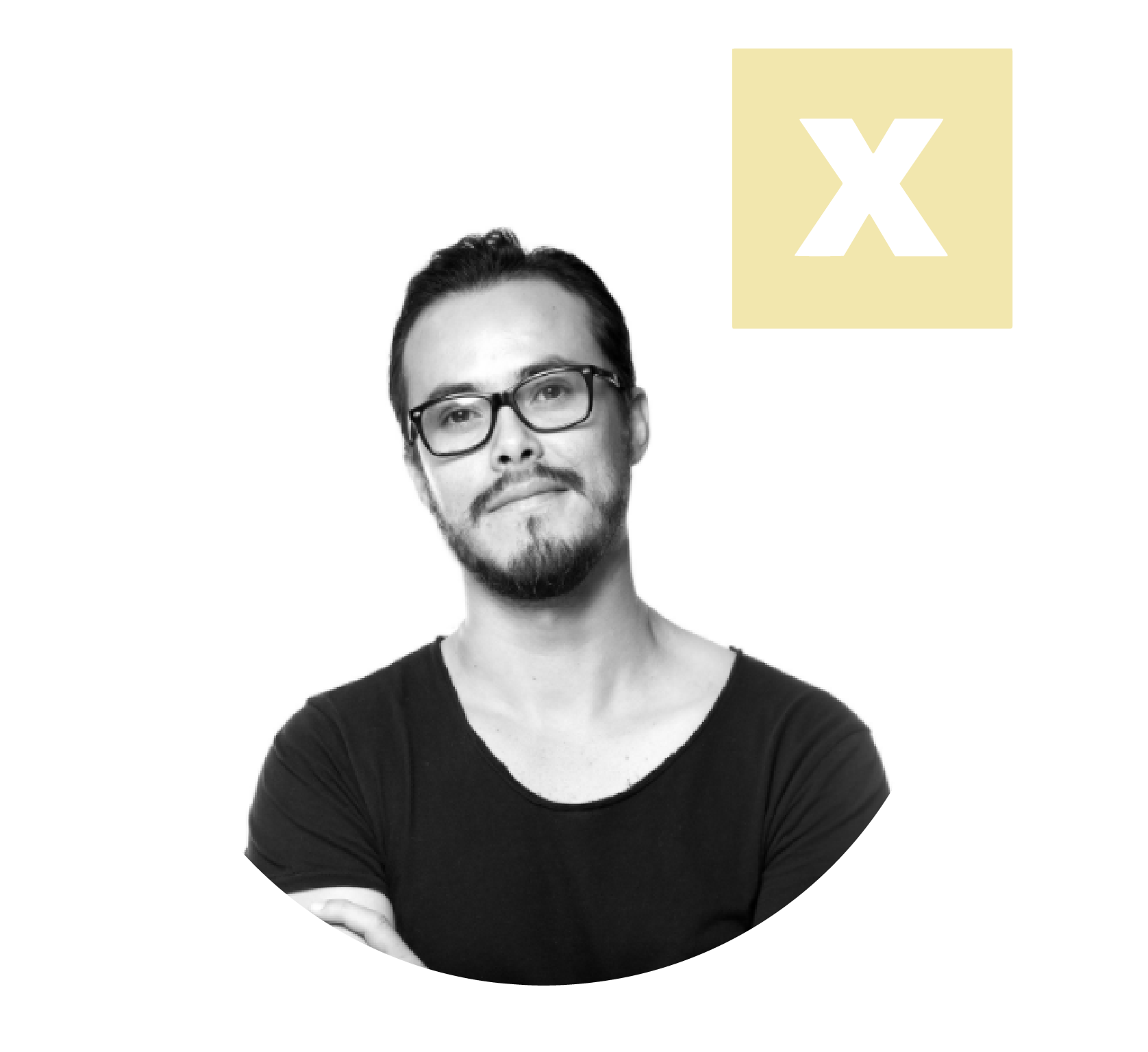
Costa Rican architect specialized in Advanced Architecture, Digital Fabrication, and Social Innovation.
Former founding partner of the design and architecture firm MG Studio (2007-2012).
Robert has a master’s degree from the Institute of Advanced Architecture of Catalonia, a Diploma in Digital Fabrication from the Fab Foundation, and is a Certified Innovation Manager from the University of Leipzig.
| After his journey in Barcelona, Robert served as director of the Fab Lab Veritas (2015-2017), founded the Fab Lab Costa Rica Association, and managed the Kölbi Mobile Fab Lab |
Veritas, the first mobile digital fabrication laboratory in Central America. |
Robert has extensive academic experience as a professor at the Architecture and Product Design schools of the Veritas University in Costa Rica (2007-2016). In 2015, he was invited to develop and teach a digital manufacturing course as part of “FACILIDAD” (Program for the Promotion of the Economy and Employment in Central America) promoted by the German Corporation for International Cooperation (GIZ) with the main objective of improving employment for the youth in El Salvador. In addition, he has participated as a guest tutor in undergraduate and graduate workshops for institutions such as the Institute of Advanced Architecture of Catalonia, the Bartlett School of Architecture in London, the University Center for the Arts of San Luis Potosí Mexico, and the College of Engineering of Qatar University.
Thanks to his experience in topics related to innovation, digital fabrication, education, architecture and design, Robert has participated as a guest, speaker and/or jury in different events worldwide such as “Pechakucha 20x20” at the Maker Fair in Rome, “TEDX Pura Vida” in Costa Rica, “City Lab” in Miami, the “Medellin Design Week” in Colombia, “Phi’s Research And Innovation Summit” in Jordan, “Teaching Innovation Forum” at the Ibero-American Design Biennial in Madrid, the “Rowad” Entrepreneurship Conference in Doha, the Edtechx Europe in London and the Global Education Technology Summit in Beijing.
Among some of his recognitions are the Hunter Douglas Awards “Archiprix International” in Shanghai (2007), the “Business Leader of the Year Award” of the Total Quality Award - Founders of Success in Guayaquil (2011), and the “Silver Chevron STEM Education Award” in France. In addition, he was selected by the Costa Rican newspaper “El Financiero” as one of the 40 most influential people under 40 in Costa Rica (2016).
In the past two years Robert has increased his art exhibitions, especially in some of Doha’s most important museums and art institutions.
Passionate about photography, art, and any design strategy and collaborative action that allows the development and management of processes and projects of social and innovation impact.
He currently works as Operations Manager of IbTECHar Digital Solutions, a Qatari company leader in educational technology, selected by the committee of the World Economic Forum as one of the 100 new companies in the MENA region that is shaping the 4th Industrial Revolution (4iR).
Read More
Roberto García-Patrón
Coordinator of the International Maker Network
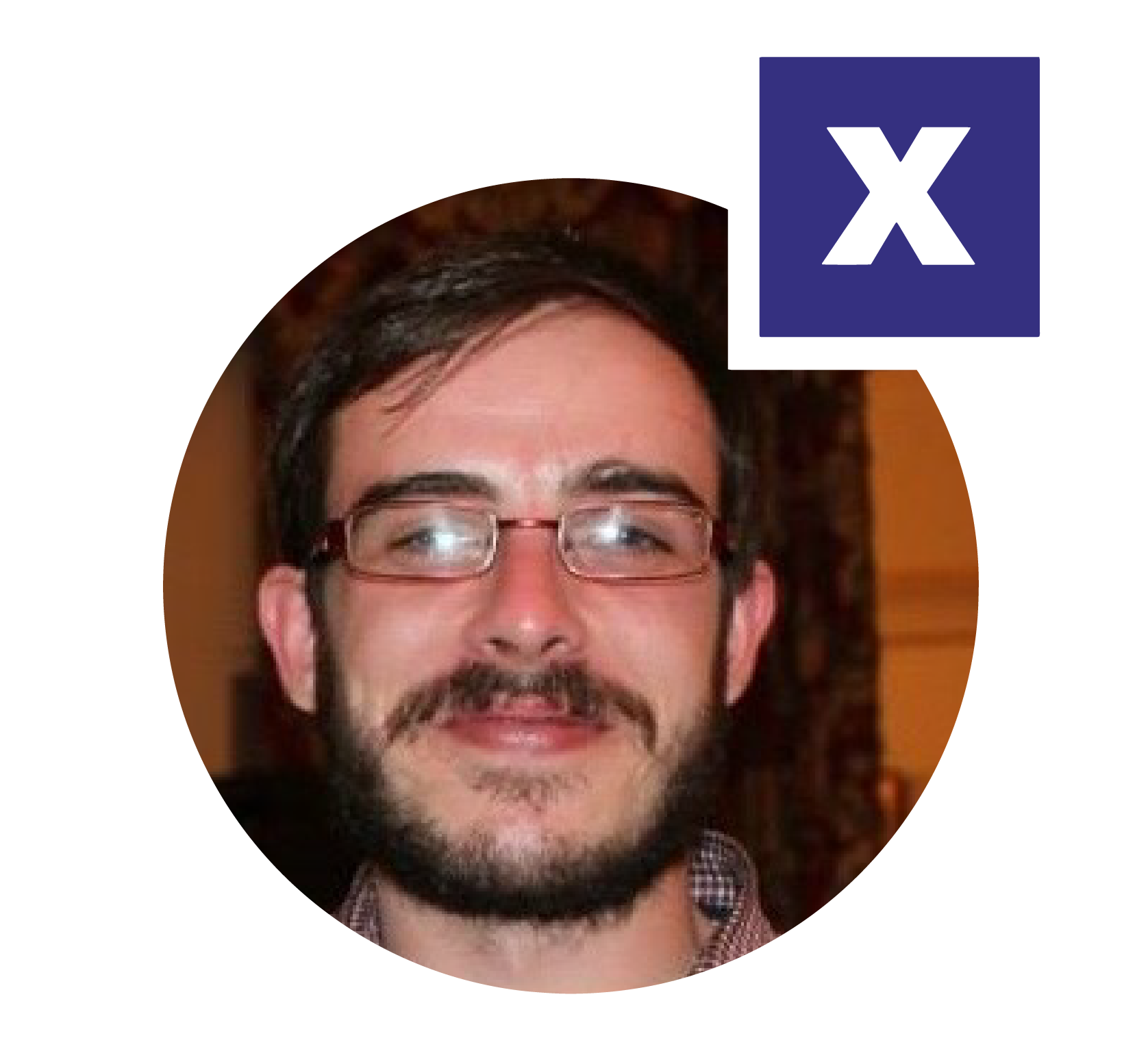
Check his Bio here
Vaibhav Chhabra
Founder & Chief Learning Officer, Maker's Asylum

Vaibhav Chhabra is a mechanical engineer by education but a carpenter by passion. A graduate from Boston University, Vaibhav spent the first 2 years of his career at EyeNetra, a startup from MIT Media Labs, building portable Virtual Reality based eye diagnostic devices. While working with the rural community in India for his eye diagnostic prototype, Vaibhav founded ‘Makers Asylum.’ Maker’s Asylum is a community space focussed on fostering innovation through purpose based learning focussed on the United Nations Sustainable Development Goals. The space houses various labs that are co-located in order to facilitate prototyping of ideas that are interdisciplinary in nature. Vaibhav essentially coupled his degree with his passion to create the first community Makerspace in India. The space has trained over 10000 people in the area of digital fabrication globally. The French President and the government has accredited him as a Young leader in this regard. In his leisure time Vaibhav enjoys making furniture, photography and winning at ping pong. He is also the Chair for innovation and entrepreneurship at Young Indians – Confederation of Indian Industries and a Global Shaper at the World Economic Forum.
Cesar Garcia
Researcher
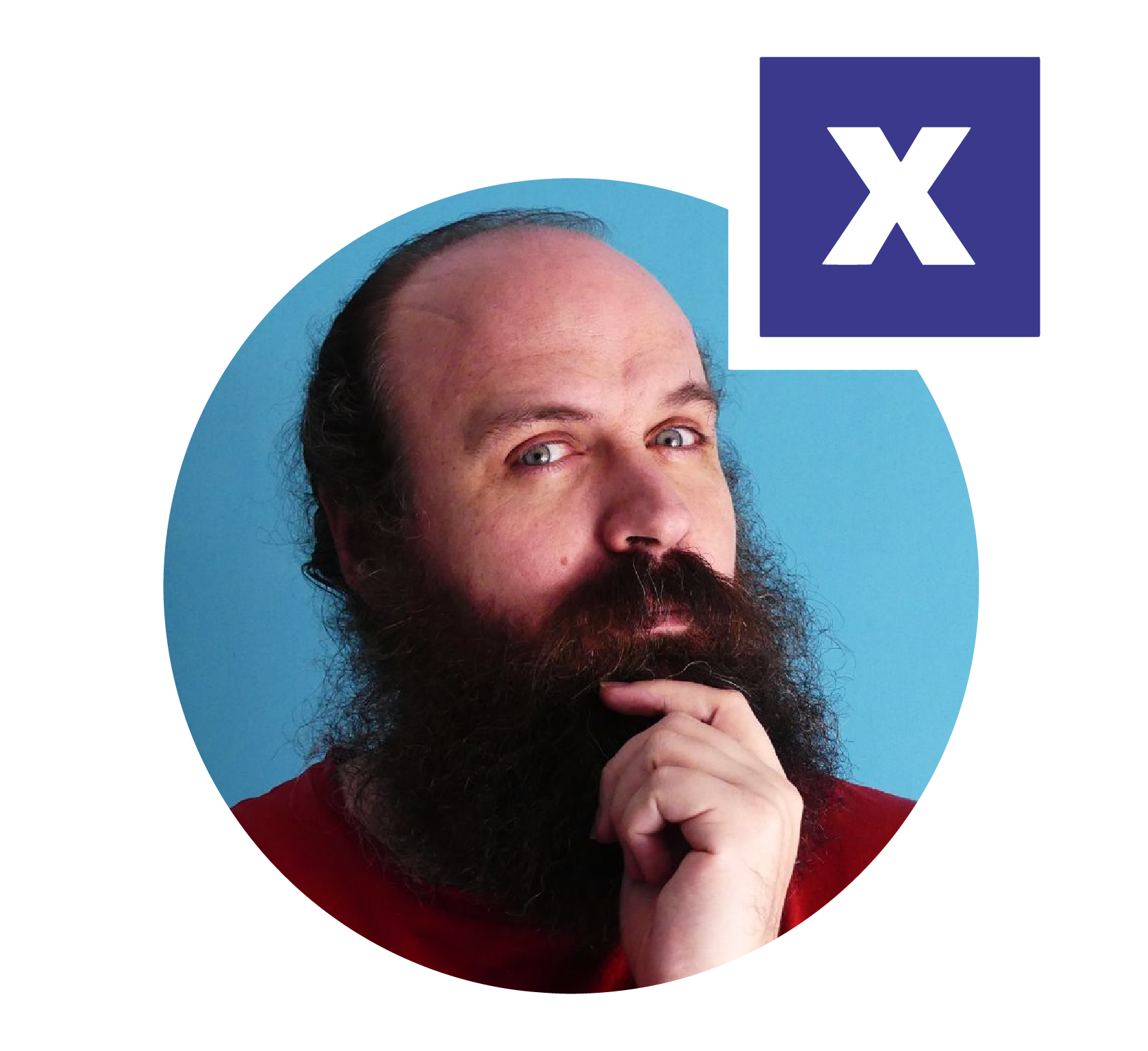
César García Sáez works as a full time researcher and maker evangelist. He writes, speaks and educates on Maker Movement, Digital Fabrication and Internet of Things.
Computer Systems Engineer and East Asian Studies, BA at Universitat Oberta de Catalunya (UOC). Minor on Society, Culture and International Relationships in East Asia.
Host at La Hora Maker, a podcast and Youtube channel in Spanish devoted to maker movement, covering all kinds of topics to promote the creation of new spaces, user engagement and project development.
Co-founder of Makespace Madrid. Madrid Mini Maker Faire organizer. Exhibitor and speaker at European events like European Maker Faire, FabFestival (Toulouse). Speaker at international Fablabs meetings at Barcelona, Boston and Shenzhen.
Former president of CREFAB (Spanish Network of Digital Creation and Fabrication) (2016-2020). Graduated at FabAcademy 2013 digital fabrication course. Appointed by COTEC Foundation, focused on Innovation at a national scale, as Expert in 3D Printing for Societal and Economical impact. Mentor at European Social Innovation Challenge.
Martina Ferracane
Founder, FabLab Western Sicily
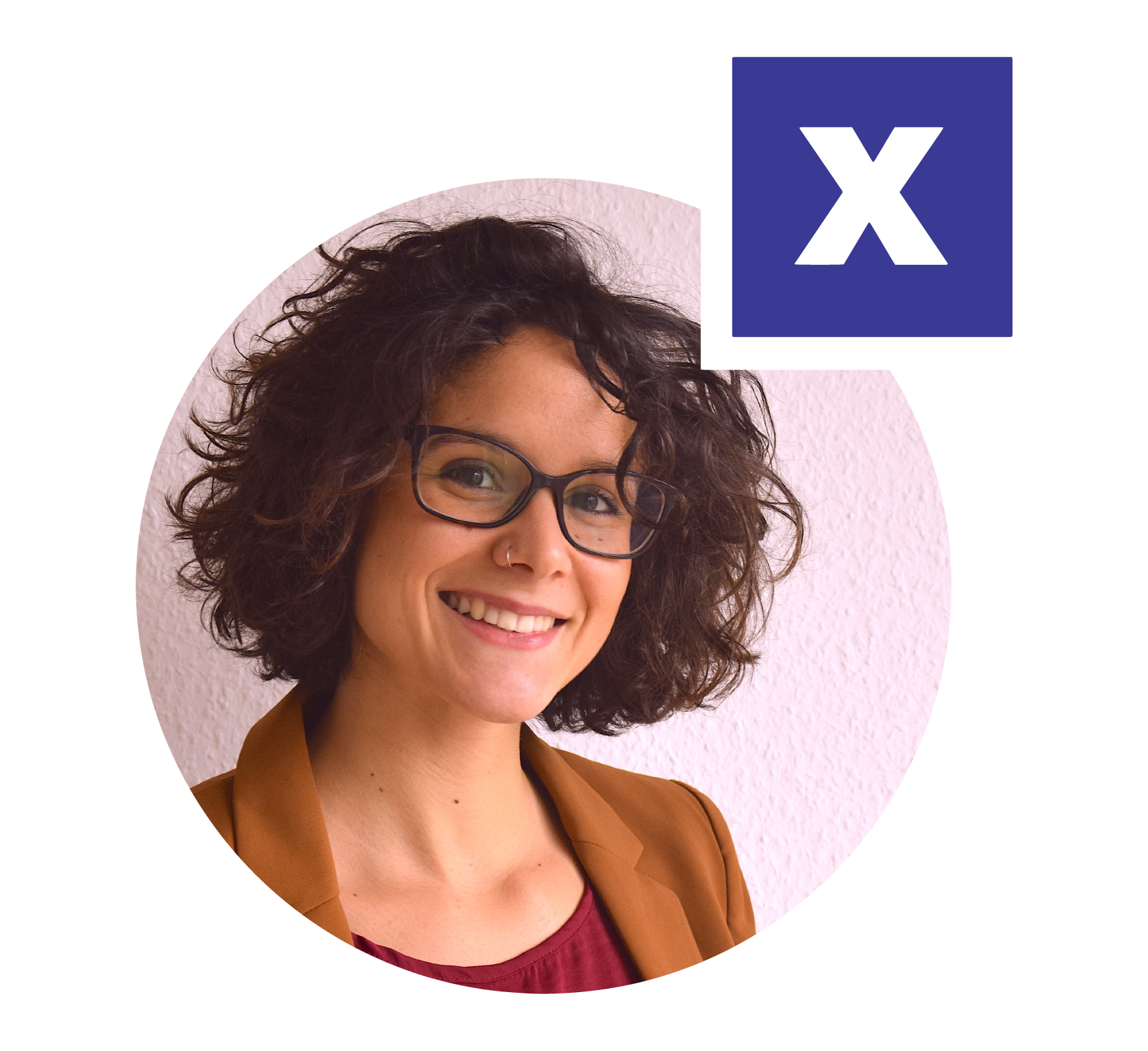
Martina dreams of a world where the digital revolution is leveraged upon to support education, entrepreneurship and the wealth of citizens in an inclusive manner. In 2015, she founded FabLab Western Sicily, a non-profit project which is bringing digital education to kids in Sicilian schools. In 2018, she is listed in Forbes 30Under30 for her work as CEO and co-founder of Oral3D, a startup that brings 3D printing to dentists. She is also a researcher, both in academia and in the Brussels-based think-tank ECIPE. In her post-doctoral program at Hamburg University her research focused on innovative pedagogy, while in her PhD she investigated the issue of data flows and trade law. She is affiliated with several institutes including the European University Institute, Columbia University and the California International Law Center, and she does consulting work on digital trade for several institutions including the UN, WEF and World Bank.
Suchit Jain
Vice President Strategy & Business Development
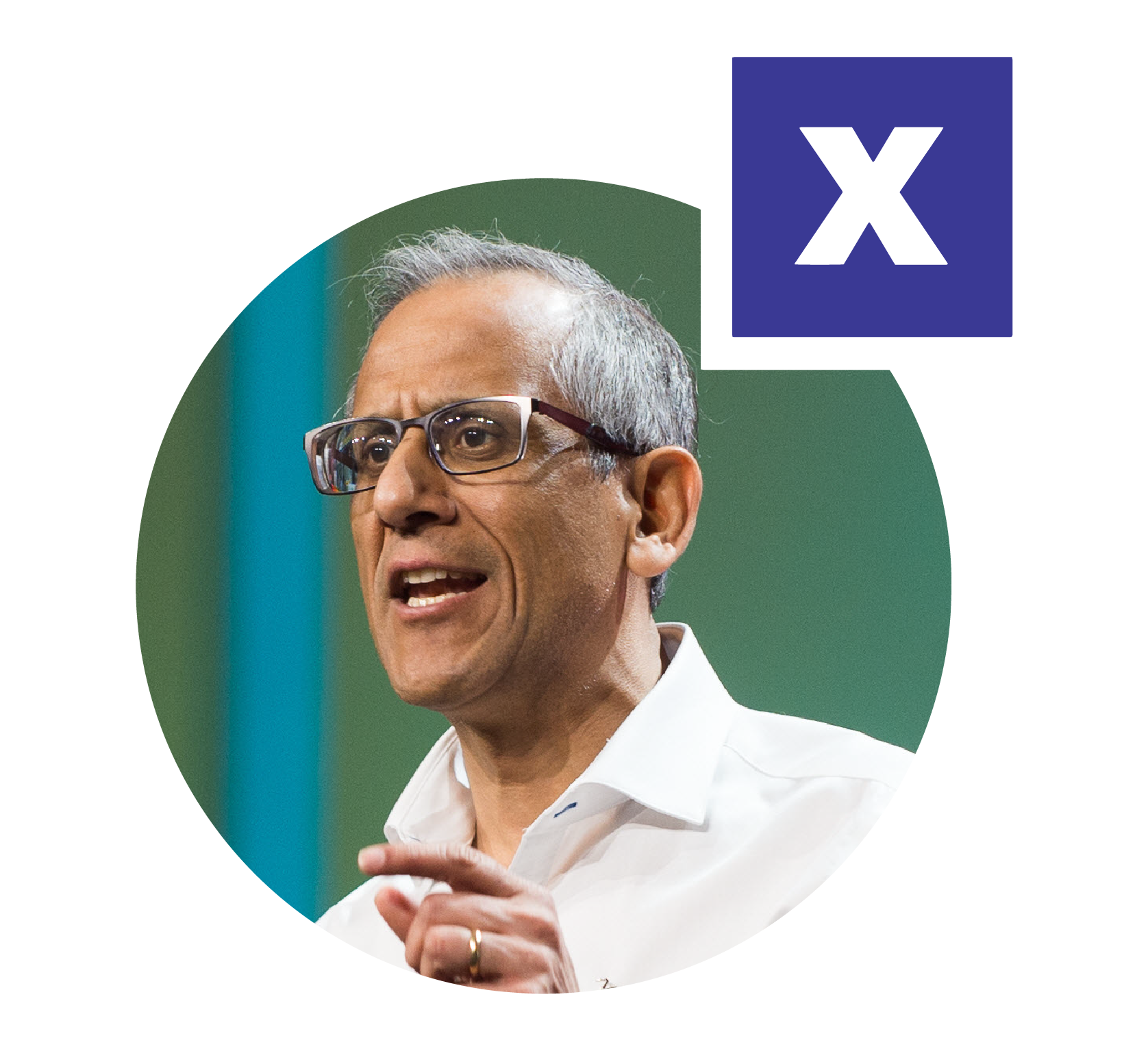
Suchit Jain leads the Corporate Strategy, Alliances, User Advocacy and New technology acquisition at Dassault Systemes SolidWorks. He is looking at emerging technologies, such as Internet of Things (IOT), 3D Printing, Robotics and AI, to integrate within Design software to help customers design better product, faster. He is also leading the expansion of SOLIDWORKS design software into the hardware startups and the maker world including Fab labs and hardware incubator & accelerators.
Suchit actively participates in the startup ecosystems, which connects entrepreneurs with resources they need to launch and succeed immediately. He is a mentor at MassChallenge, advisory board member at Greentown Labs – the largest cleantech incubator in United States, and startup advisory board member at Society for Innovation & Entrepreneurship (SINE) at IIT Bombay in India.
Suchit holds a bachelor’s degree in civil engineering from the Indian Institute of Technology in Bombay, India. He also holds a master’s degree in Structural Mechanics from the University of Southern California, USA.
Zaid Altawil
Emergency Physician
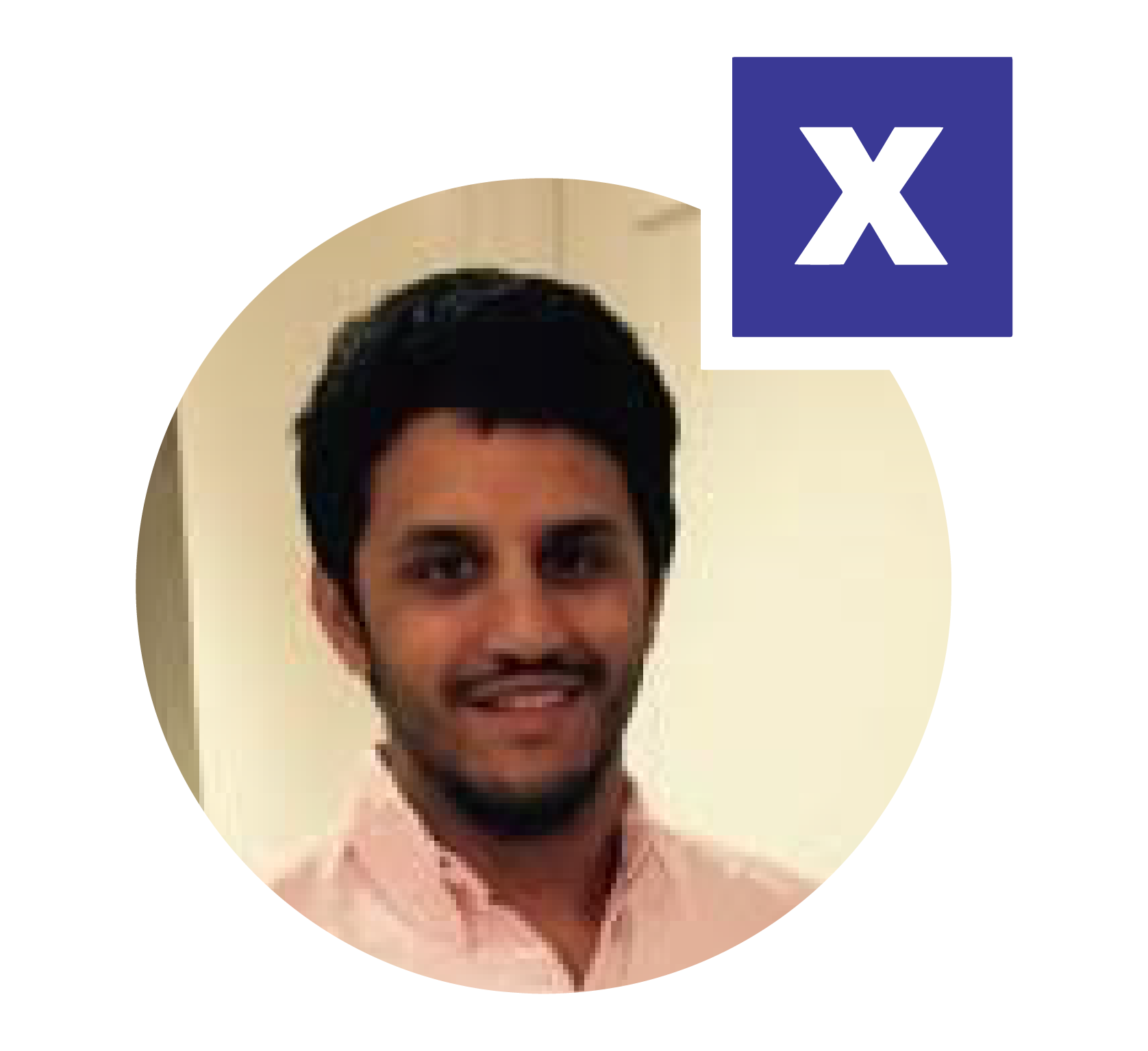
Zaid Altawil, MD, is an Attending physician at the Department of Emergency Medicine at Holy Family Hospital in Methuen, MA. He completed his residency in Emergency Medicine at Boston Medical Center in Boston, where he also founded an innovation group to lead efforts to offer technological solutions to challenges presented by the COVID pandemic. He is also the co-founder of hack/ED, a medical hackathon that focuses on innovation in Emergency Medicine. He is a strong believer in integrating equitable technological solutions in healthcare, and incorporating design thinking into medical education. Dr. Altawil received his MD from the American University of Beirut.
Alex Ntare
CEO

Alex Ntare is Chief Executive Officer of the Rwanda ICT Chamber he holds a Master of Science Degree in Investment and Quantitative Finance from the University of Westminster in United Kingdom, a Postgraduate Diploma in Strategic Business Information Technology from National Computing Centre (NCC Education) in UK as well as a Bachelor of Science Degree in Computer Science from Makerere University in Uganda. His work experience ranges from working as a computer engineer to financial services’ broker in London’s financial district. He is a passionate enthusiast of technology and financial markets developments and their role to solving global challenges. His work at the Chamber involves bridging the gap between private and public sector players in the ICT industry as well as overseeing and establishing new innovation centres for technology startups among them KLAB, Fablab Rwanda and LEAPR Applied Research Labs.
Jonathan Jilesen
Expert Senior Specialist

Over 10 years experience with modeling of particles. Expert in aerodynamics and fluid flow. PhD in Mechanical Engineering from the University of Waterloo.
Josef Prusa
CEO, Prusa
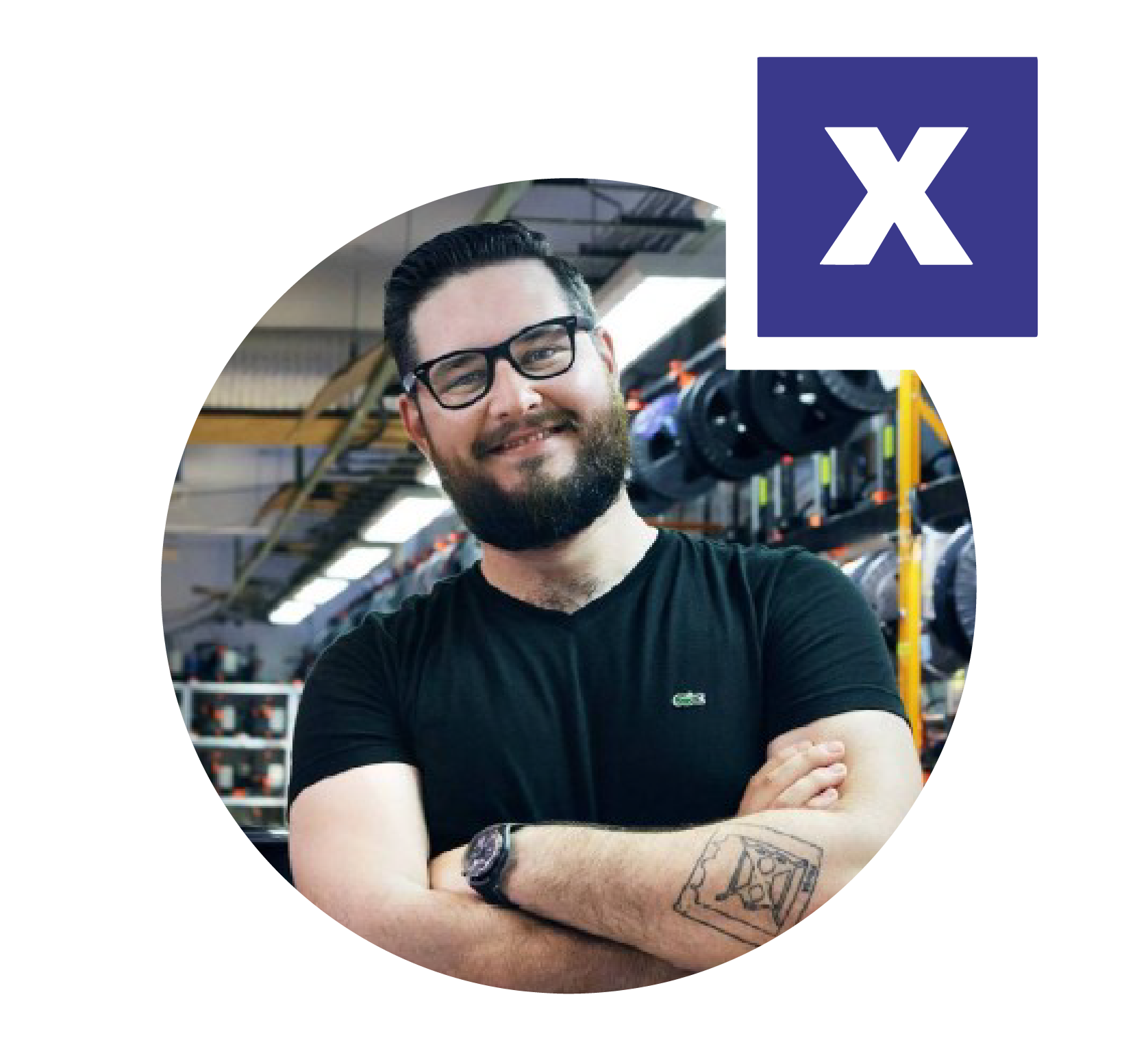
Read More
Stephanie Stapleton
Emergency Medicine Physician at Boston Medical Center
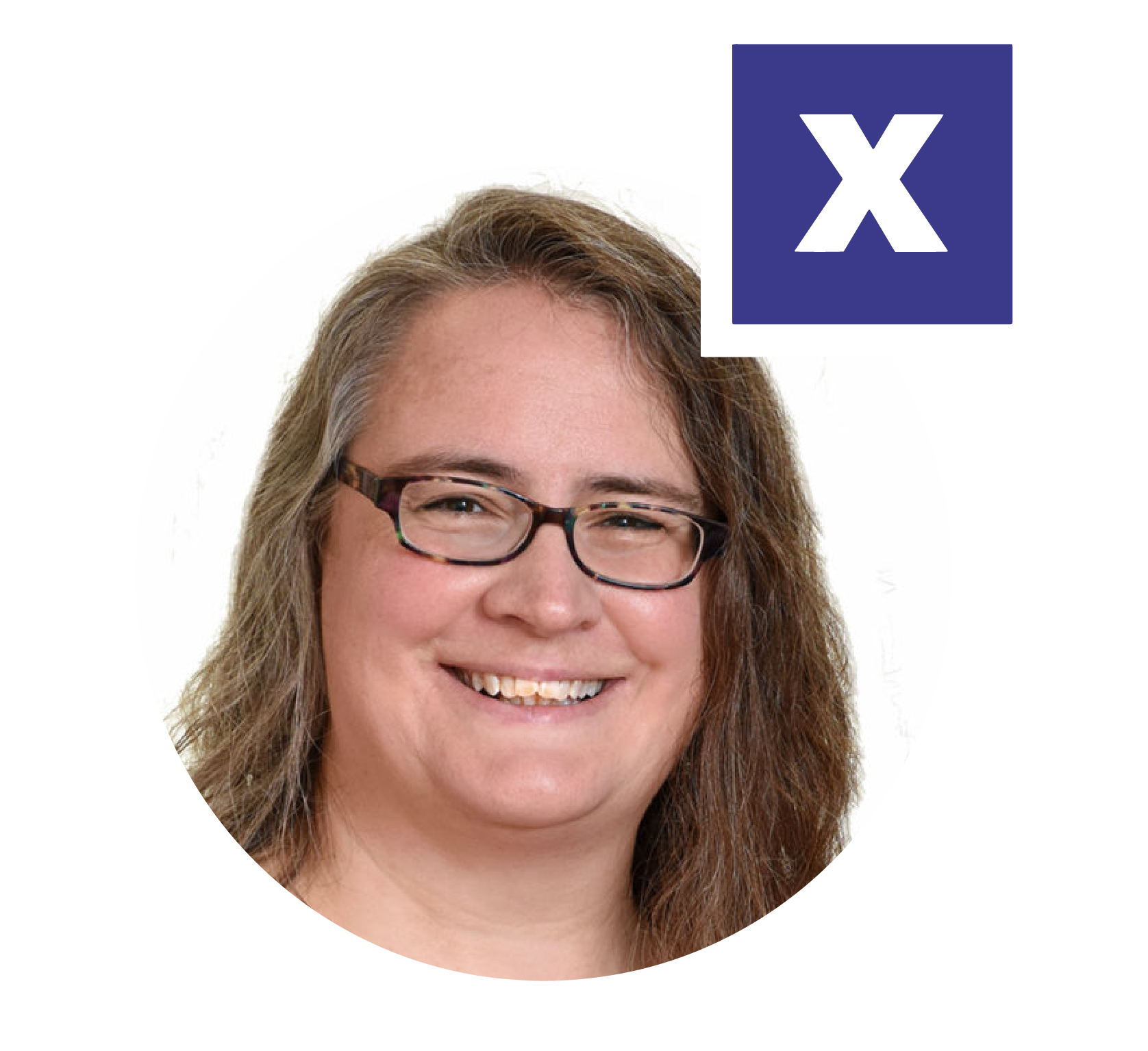
I am an Emergency Medicine physician, Assistant Professor and Director of Emergency Medicine simulation at Boston Medical Center/ Boston University School of Medicine. I completed my simulation fellowship at Hartford Hospital and residency at University of Connecticut. My areas of interest are novel model creation, evaluation tools, latent safety threat mitigation, digital education
I have always loved making things I wish existed! I have created a number of medical procedure models for simulation based practice. I am fostering innovation curricula and design in our medical school. When CoVID reared its ugly head, I jumped at the chance to co-lead our medical innovations focused in improving safety of front line worker and patients. I love testing out designs (none are too early!) in our sim lab to see how we really use them and what might be improved.
Before medicine, I studied ecology at Michigan Tech in the far northern reaches of Michigan’s Upper Peninsula.
In my free time, I love to get outside and kayak in our fabulous lakes, rivers, and estuaries. Bonus points if the trip includes ripe berries for the picking!
snstaple@bu.edu
Pronouns: She/her









































